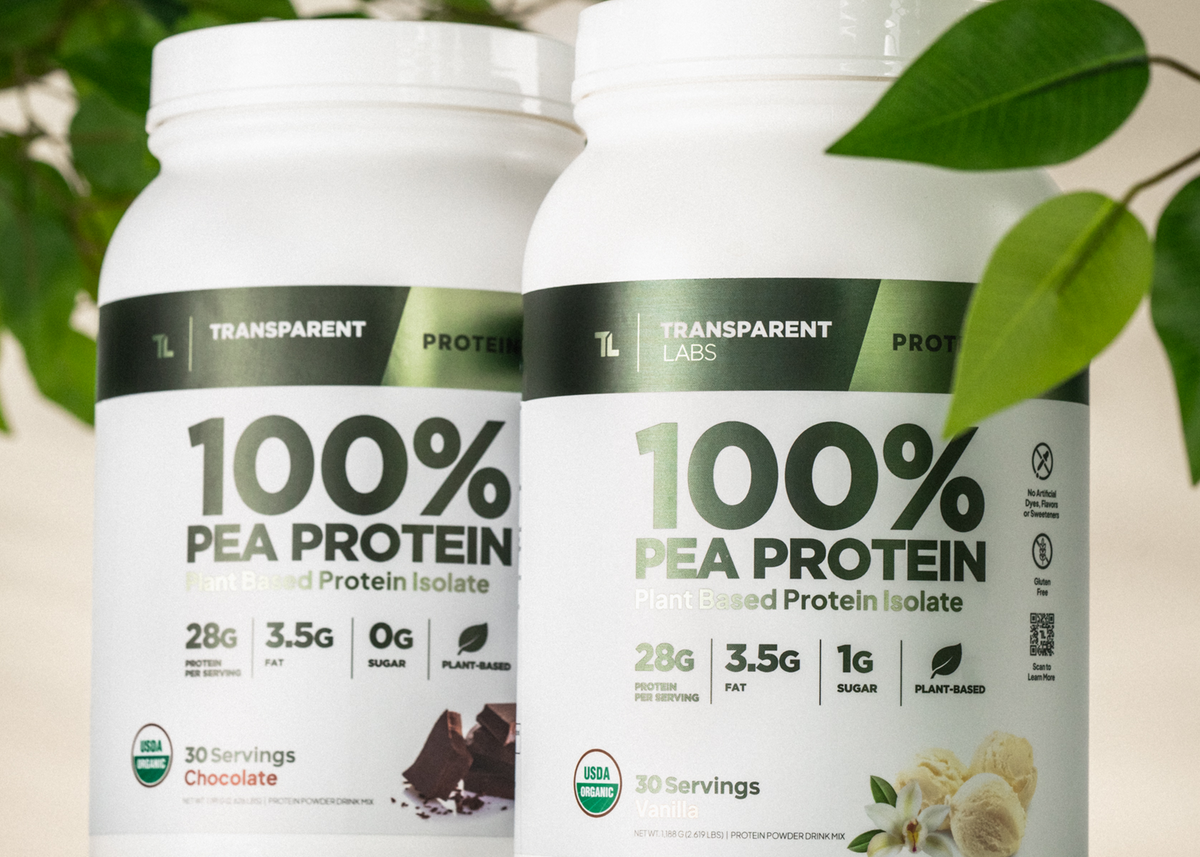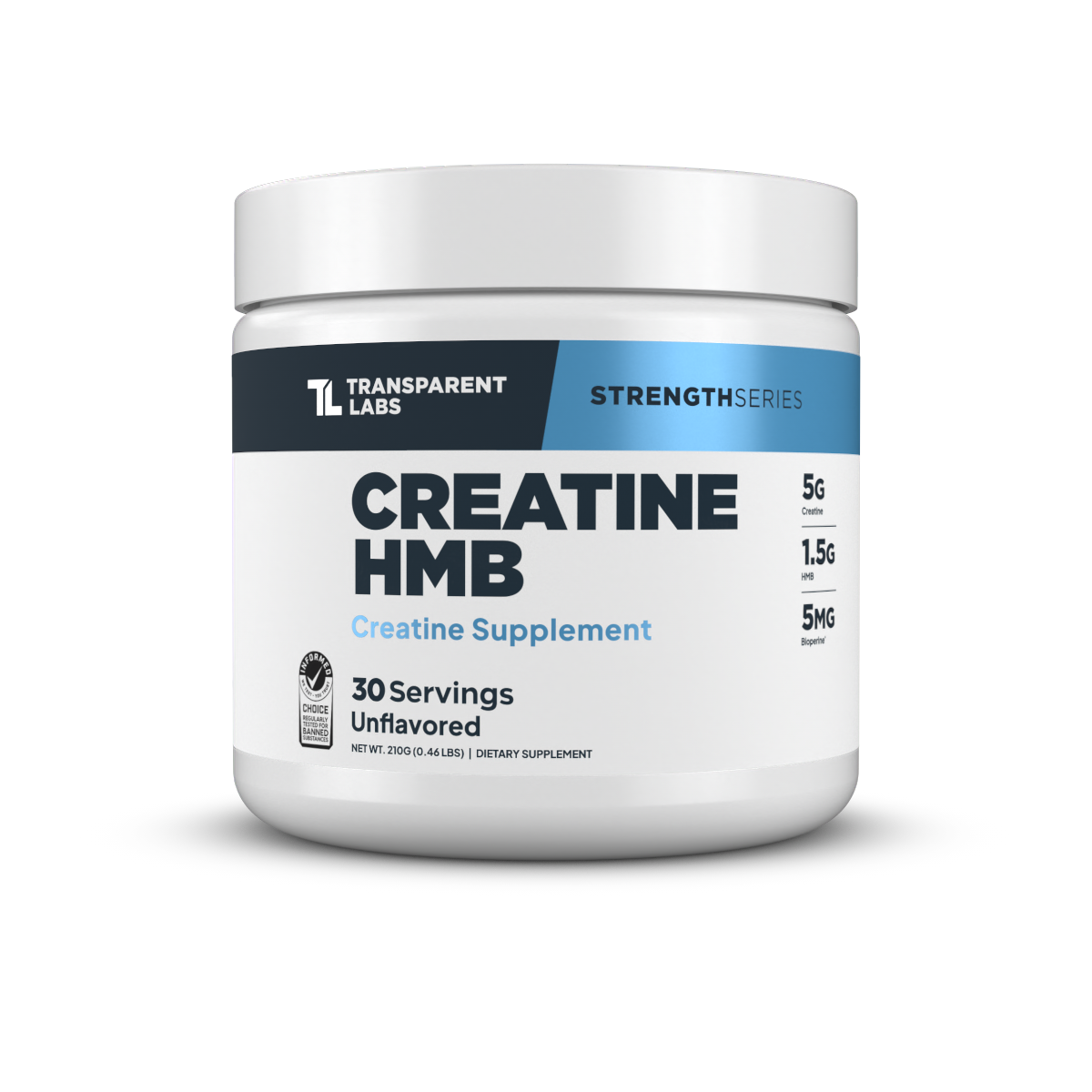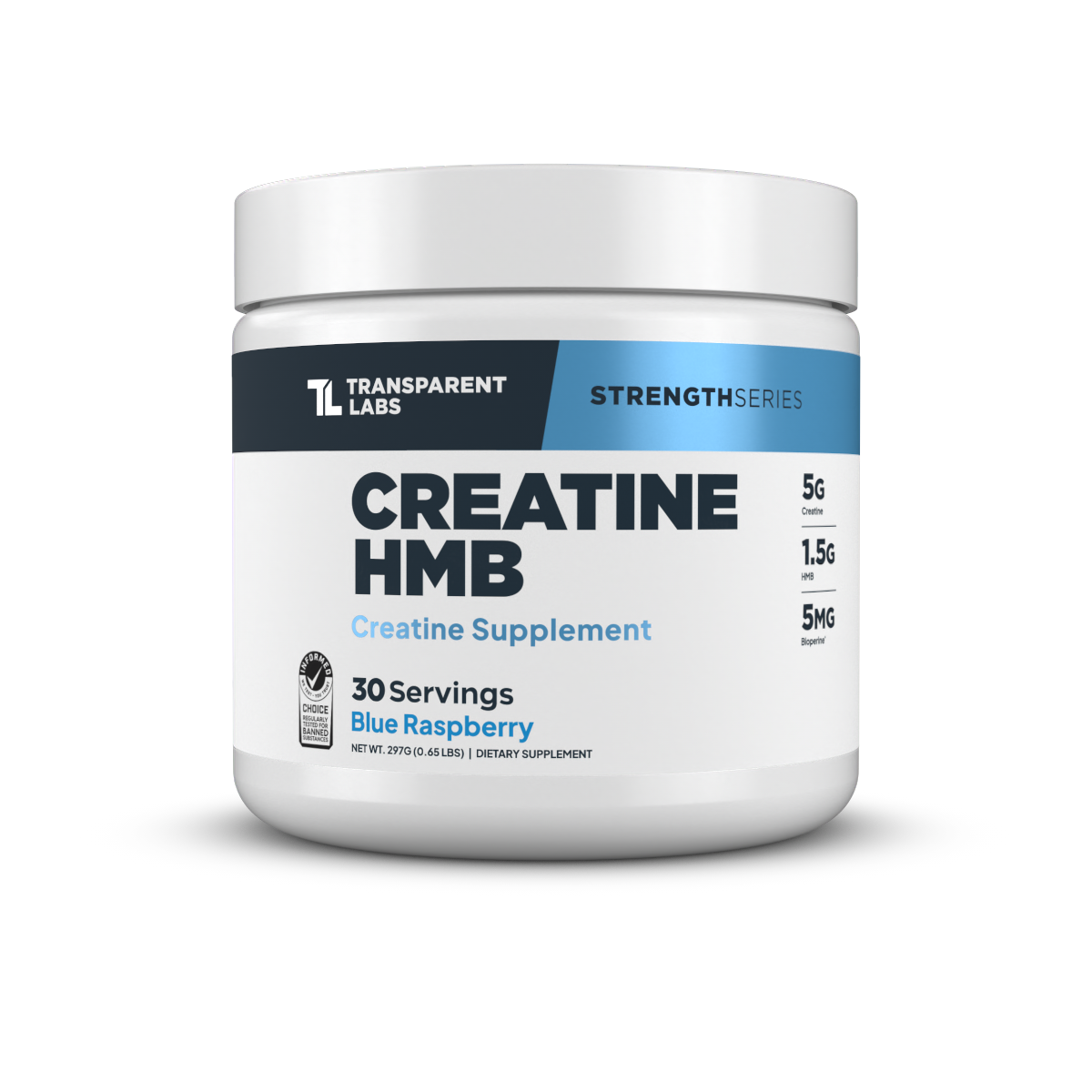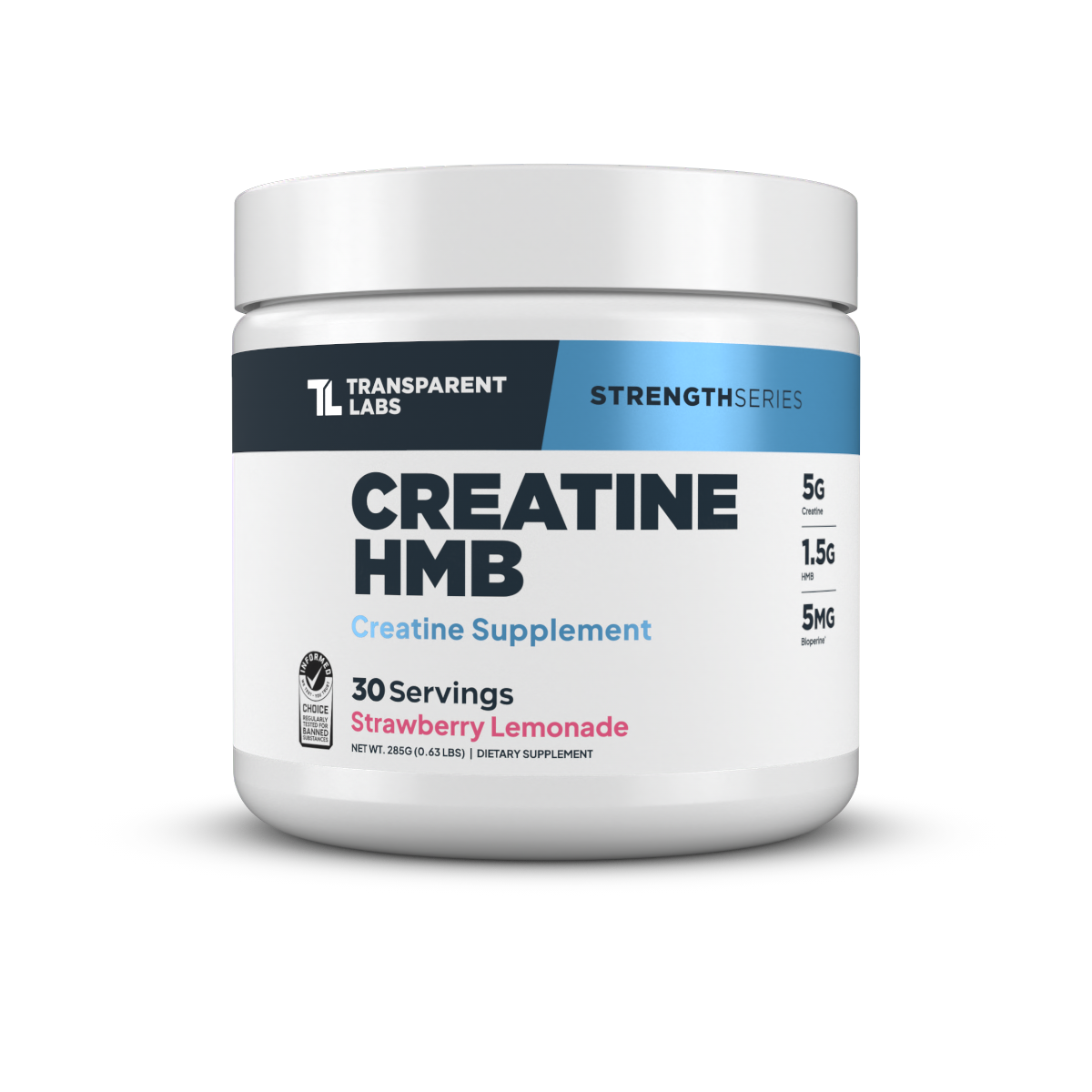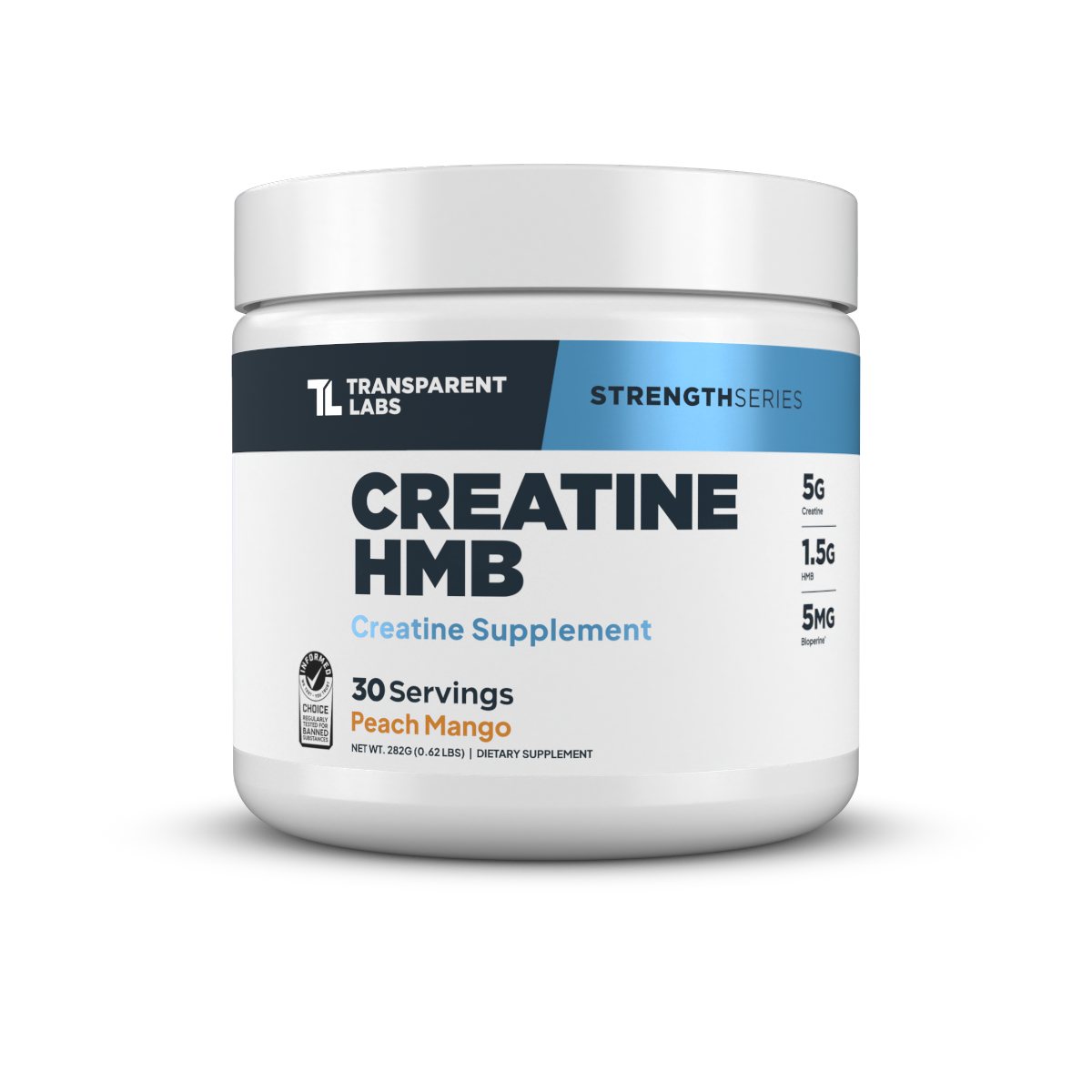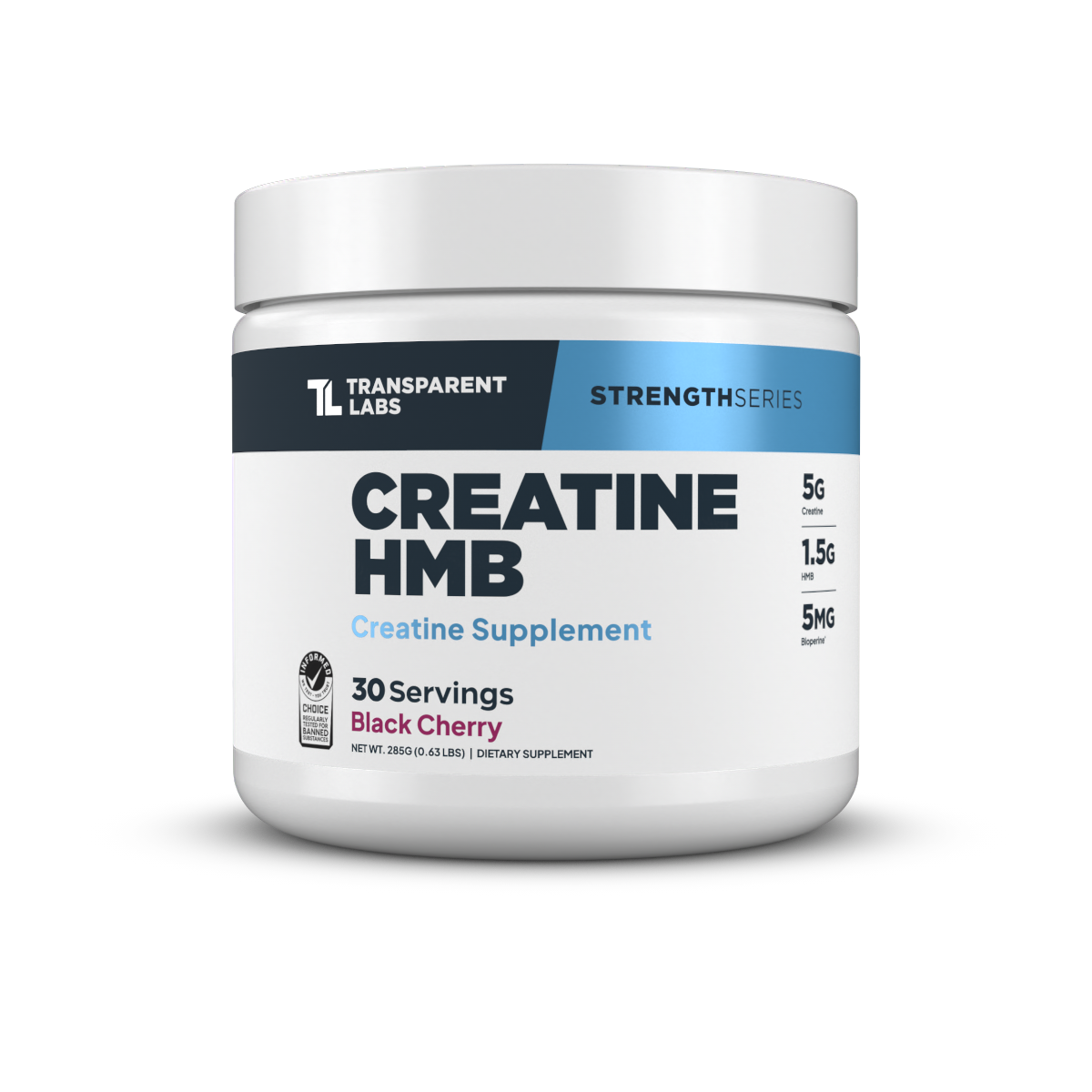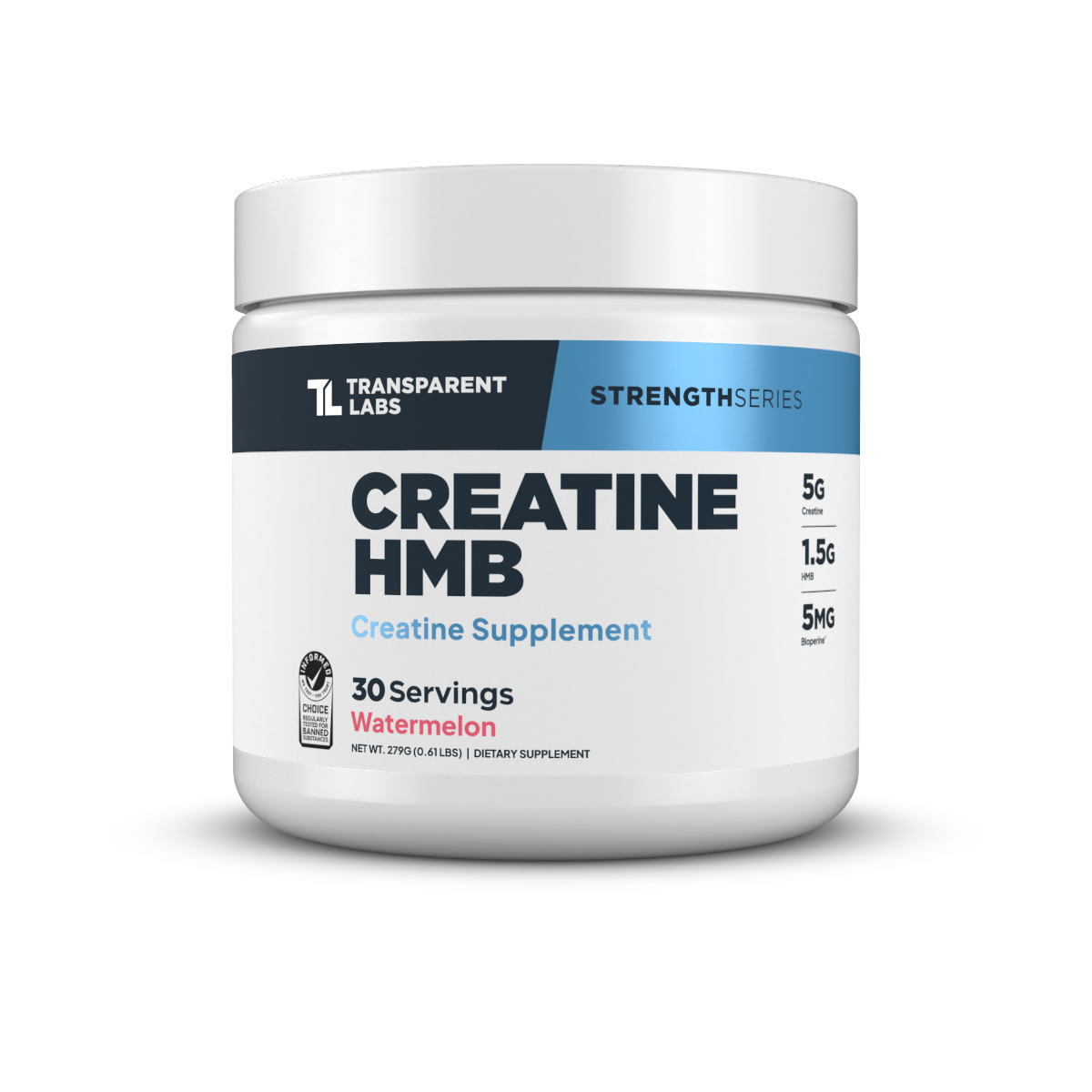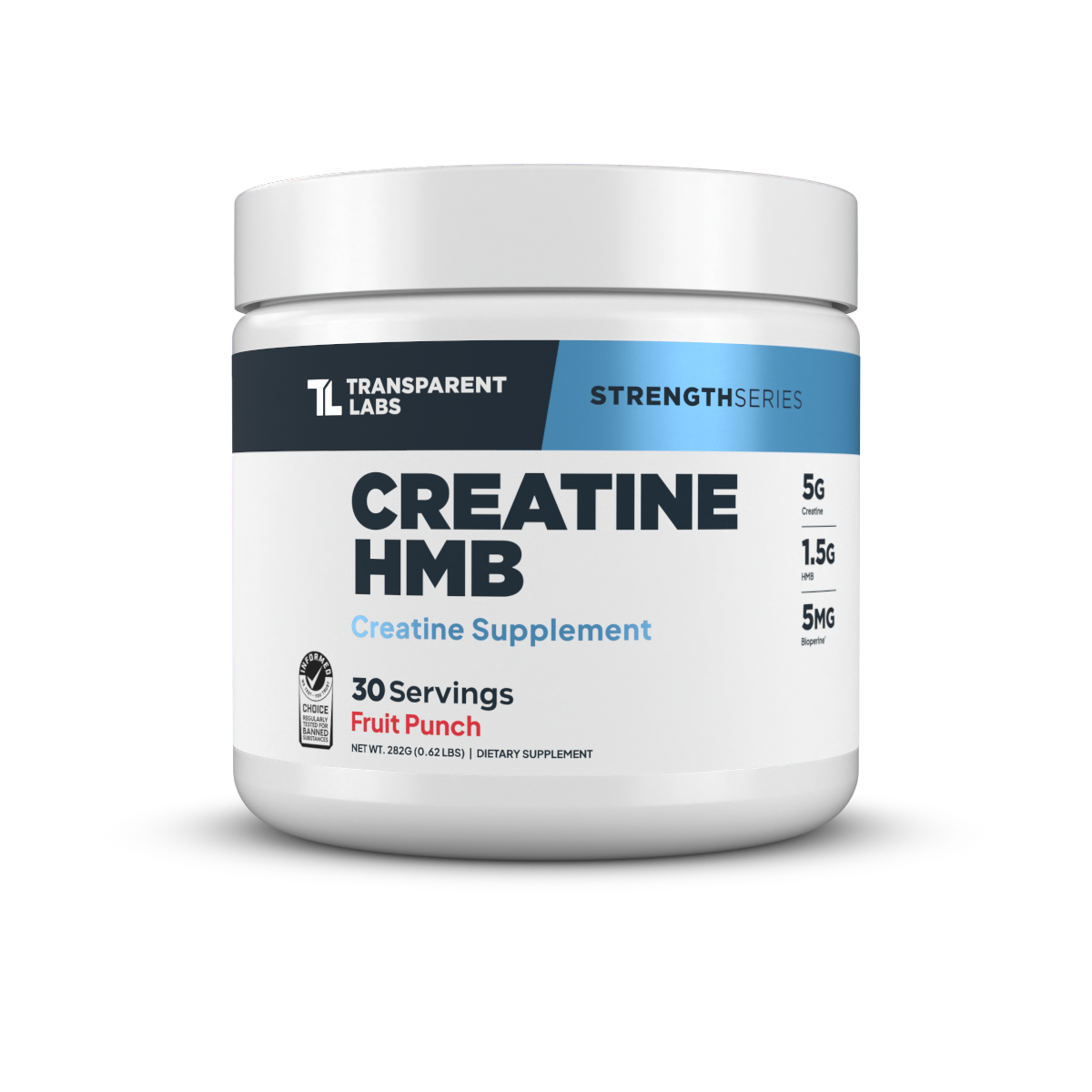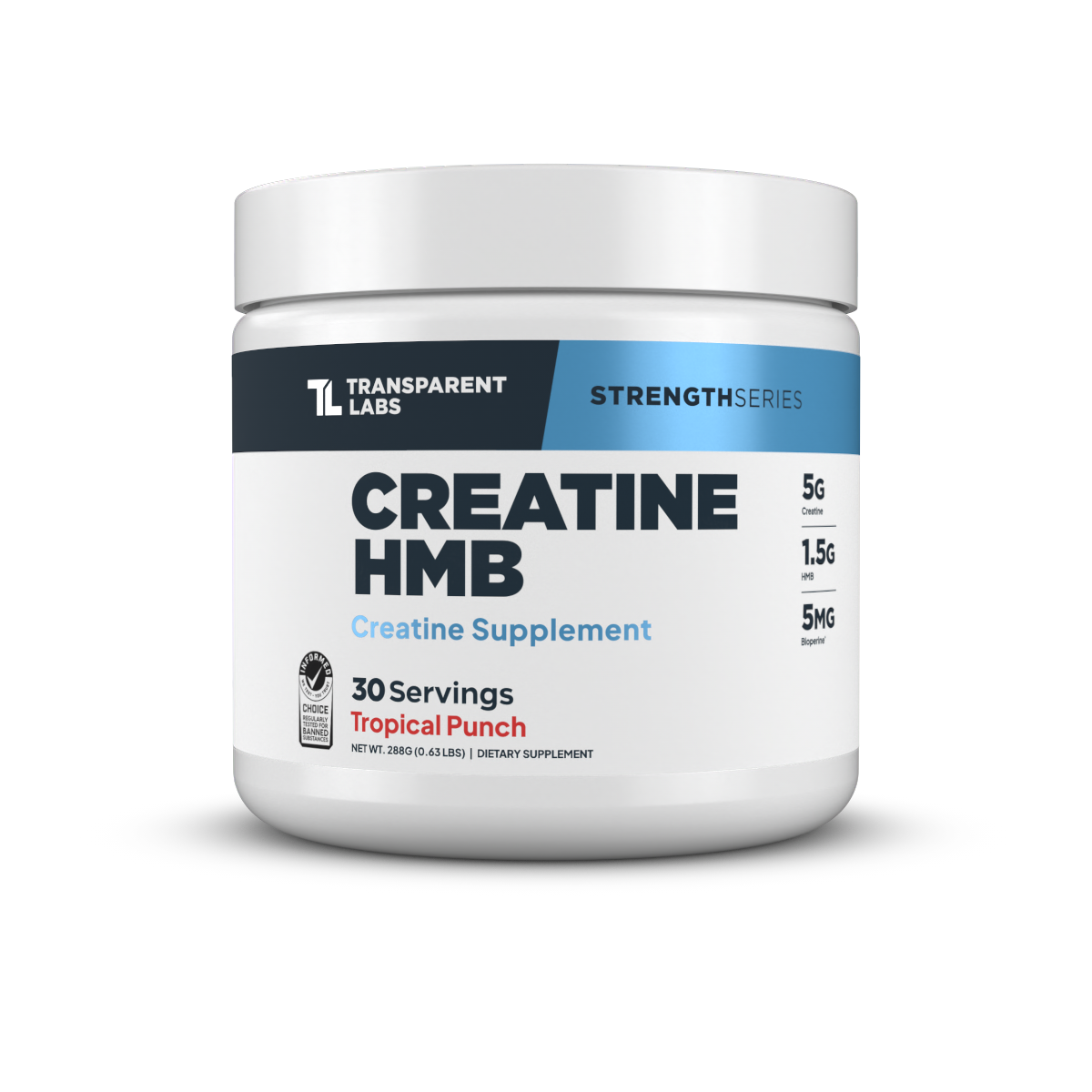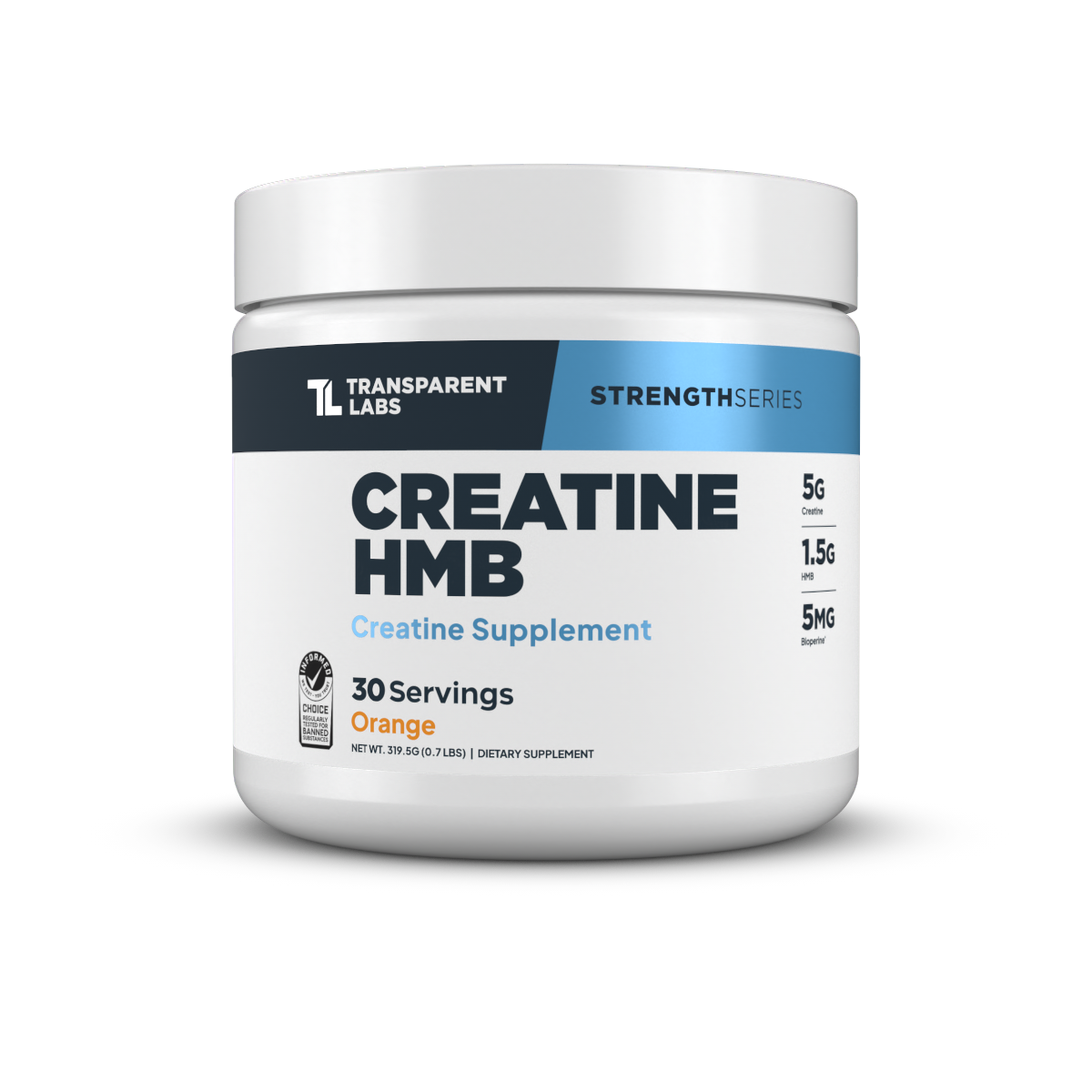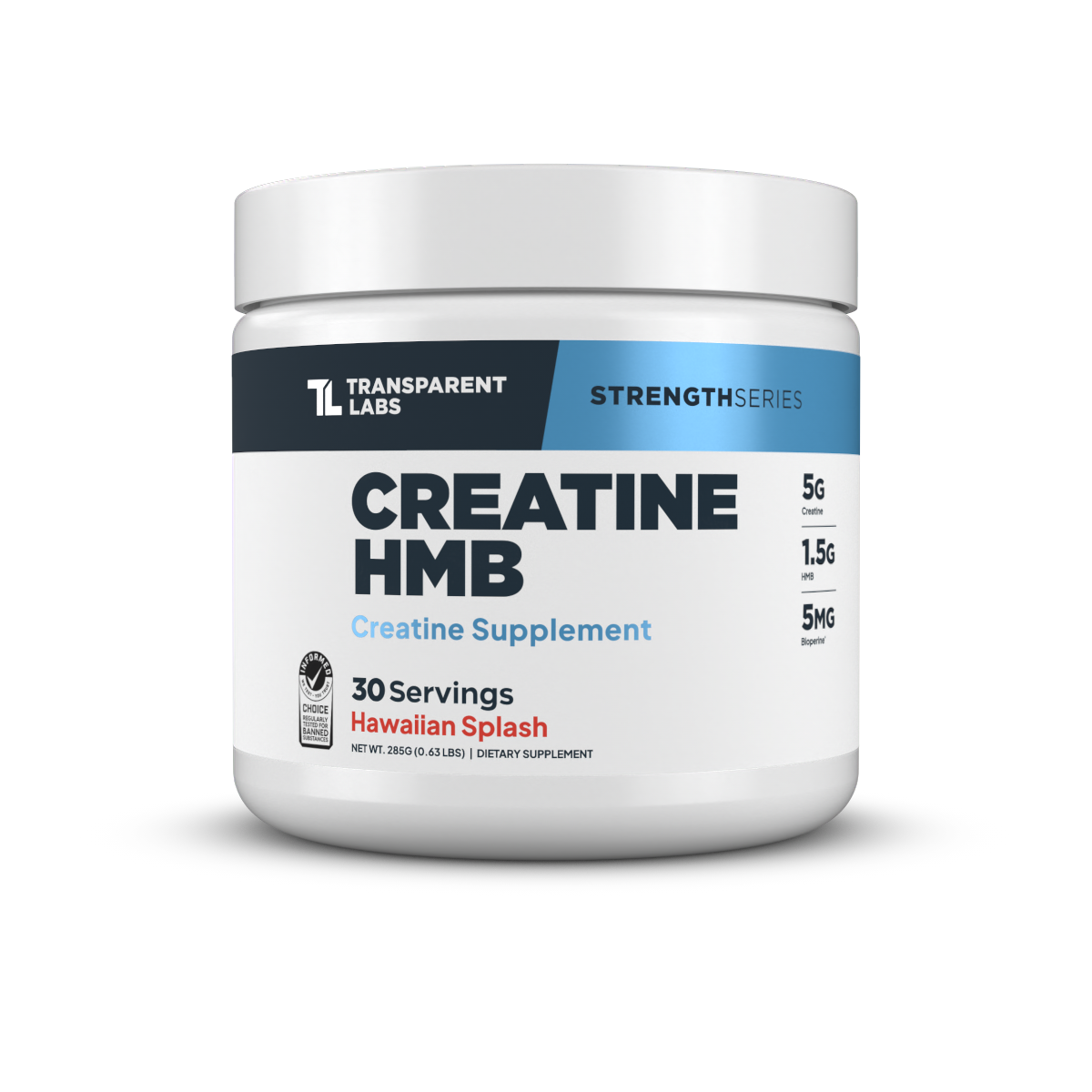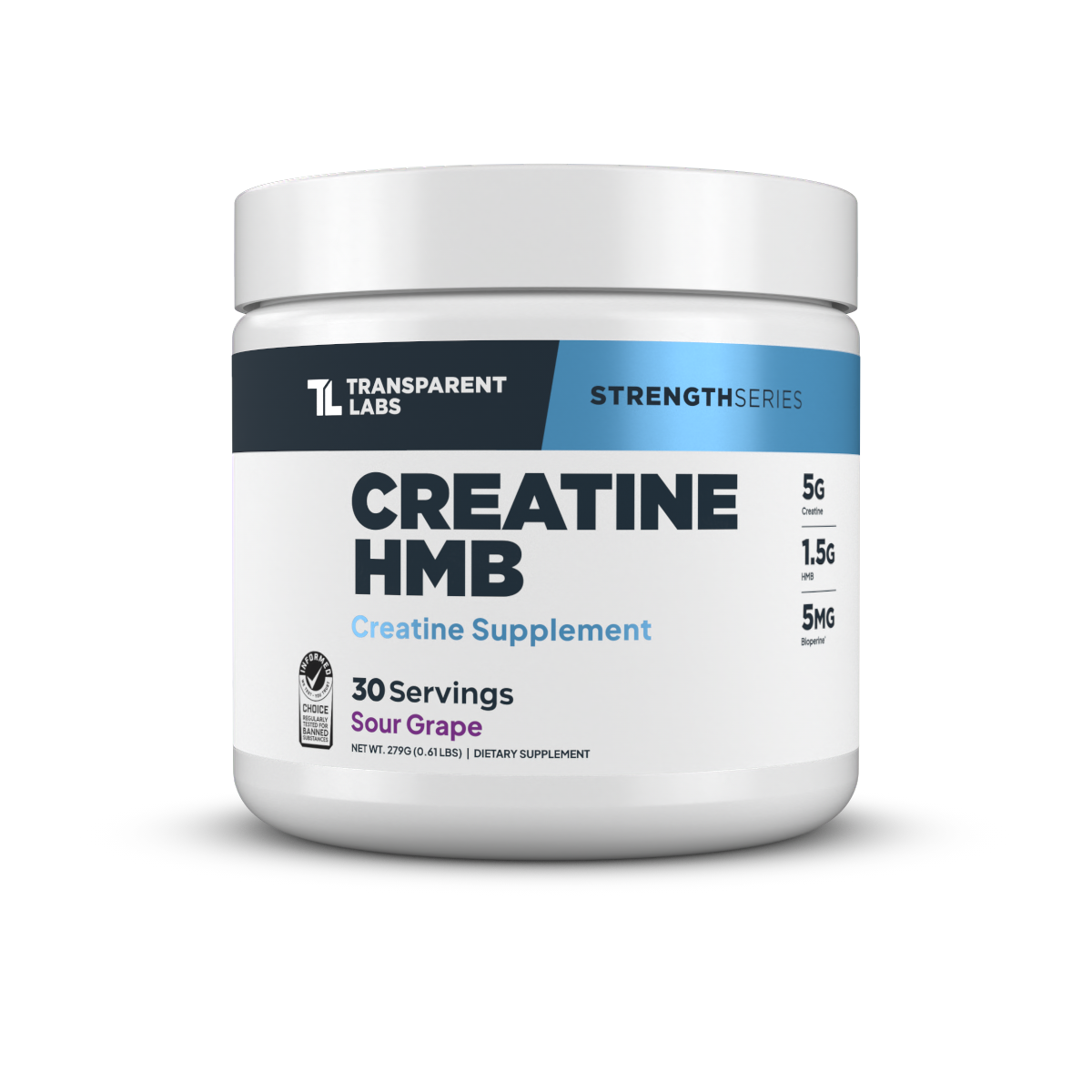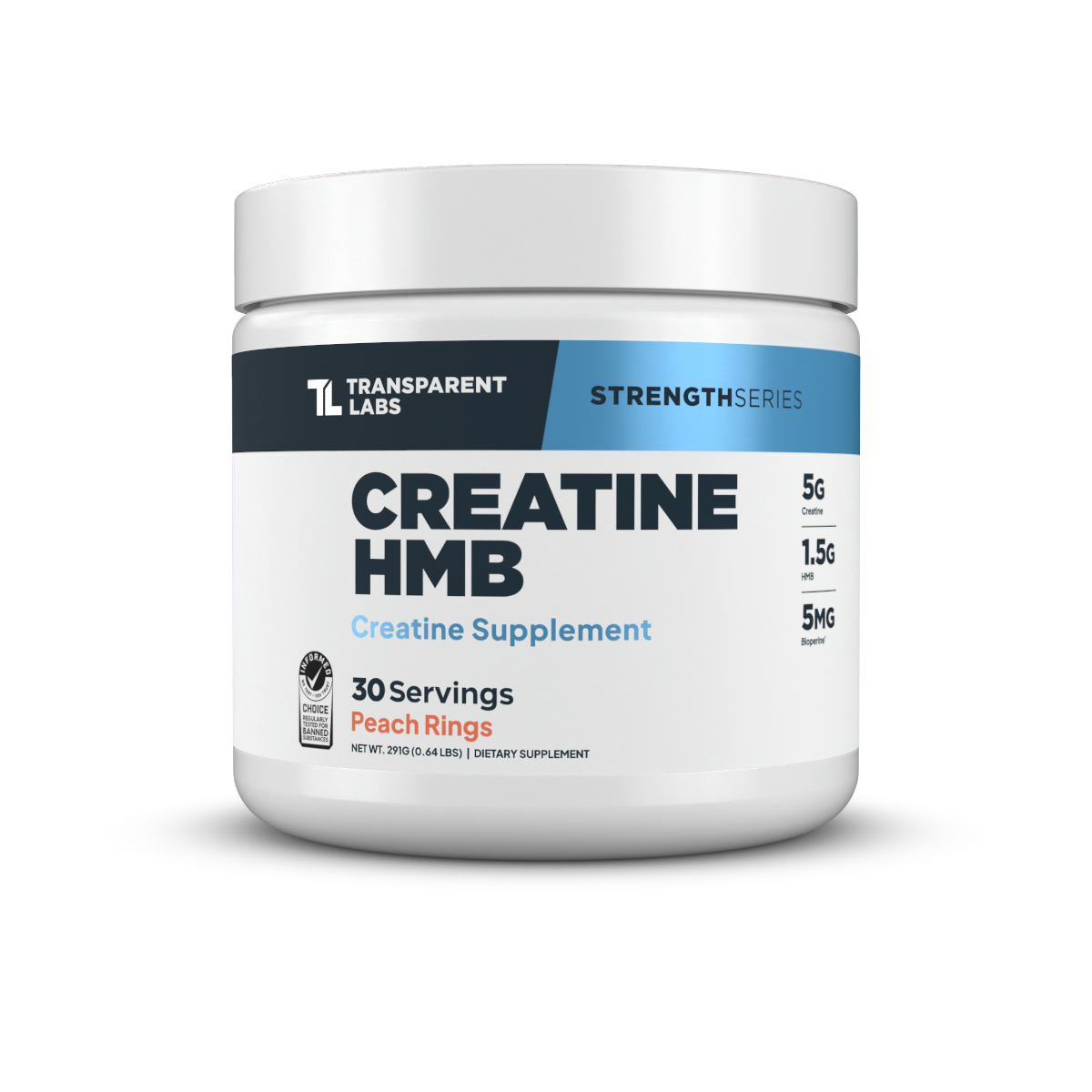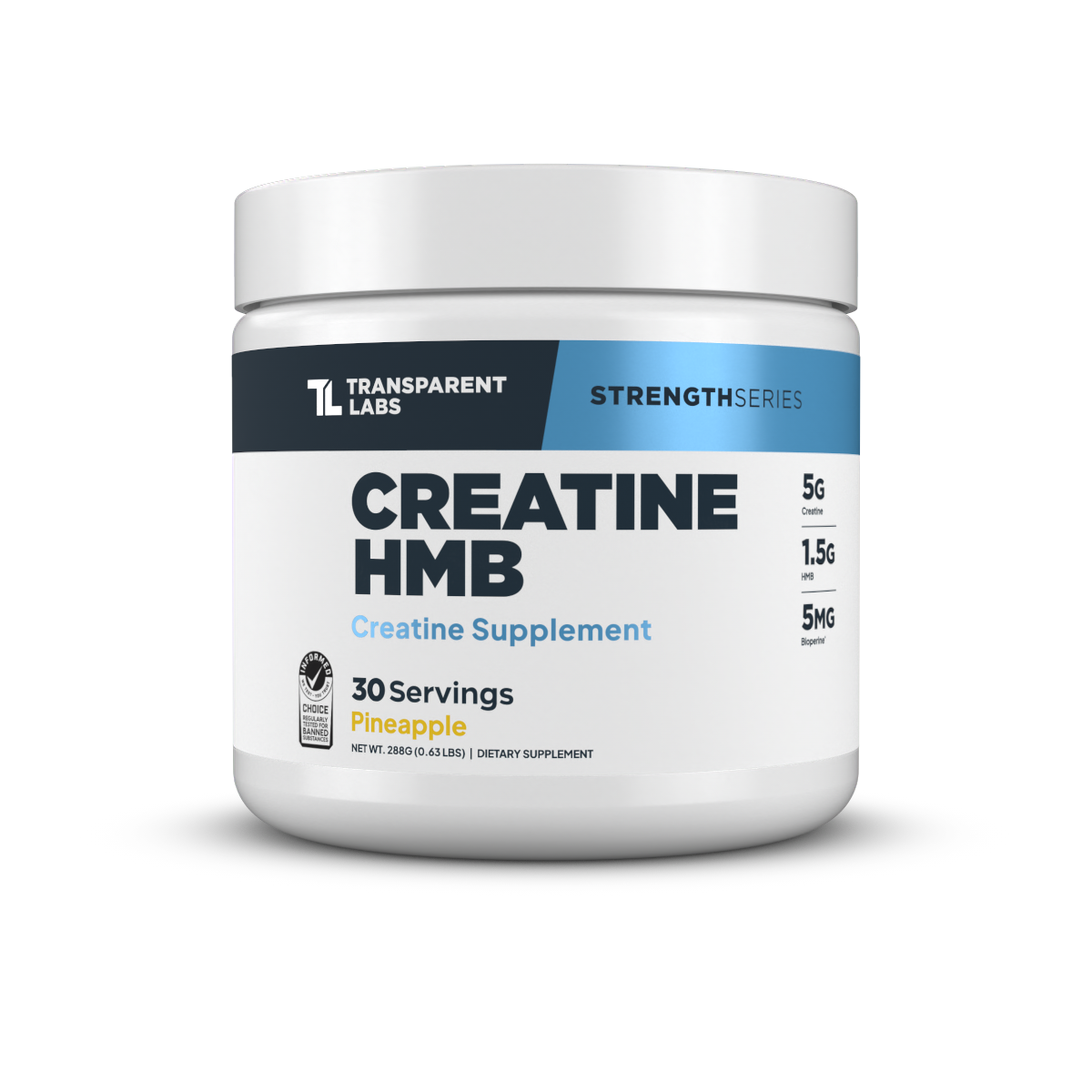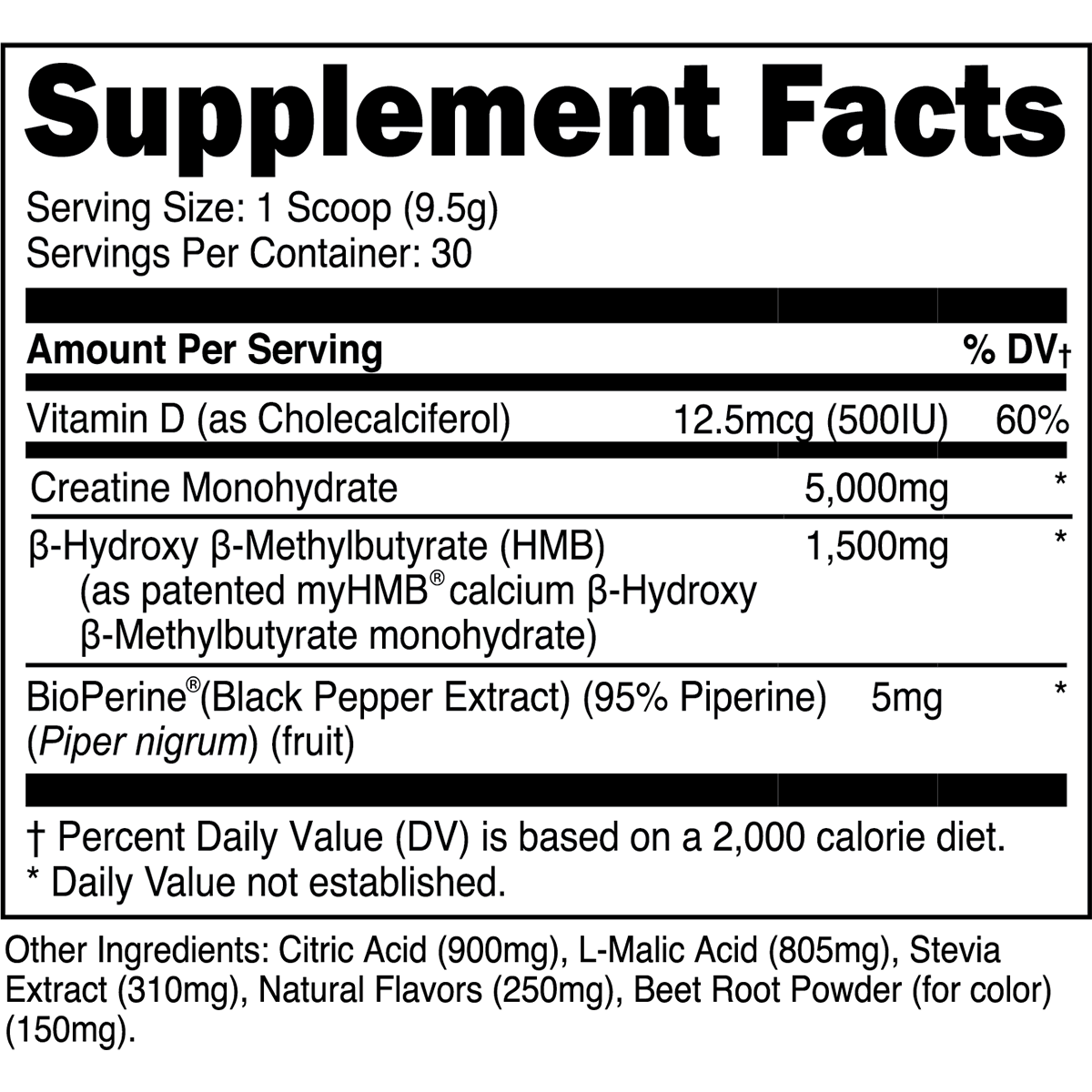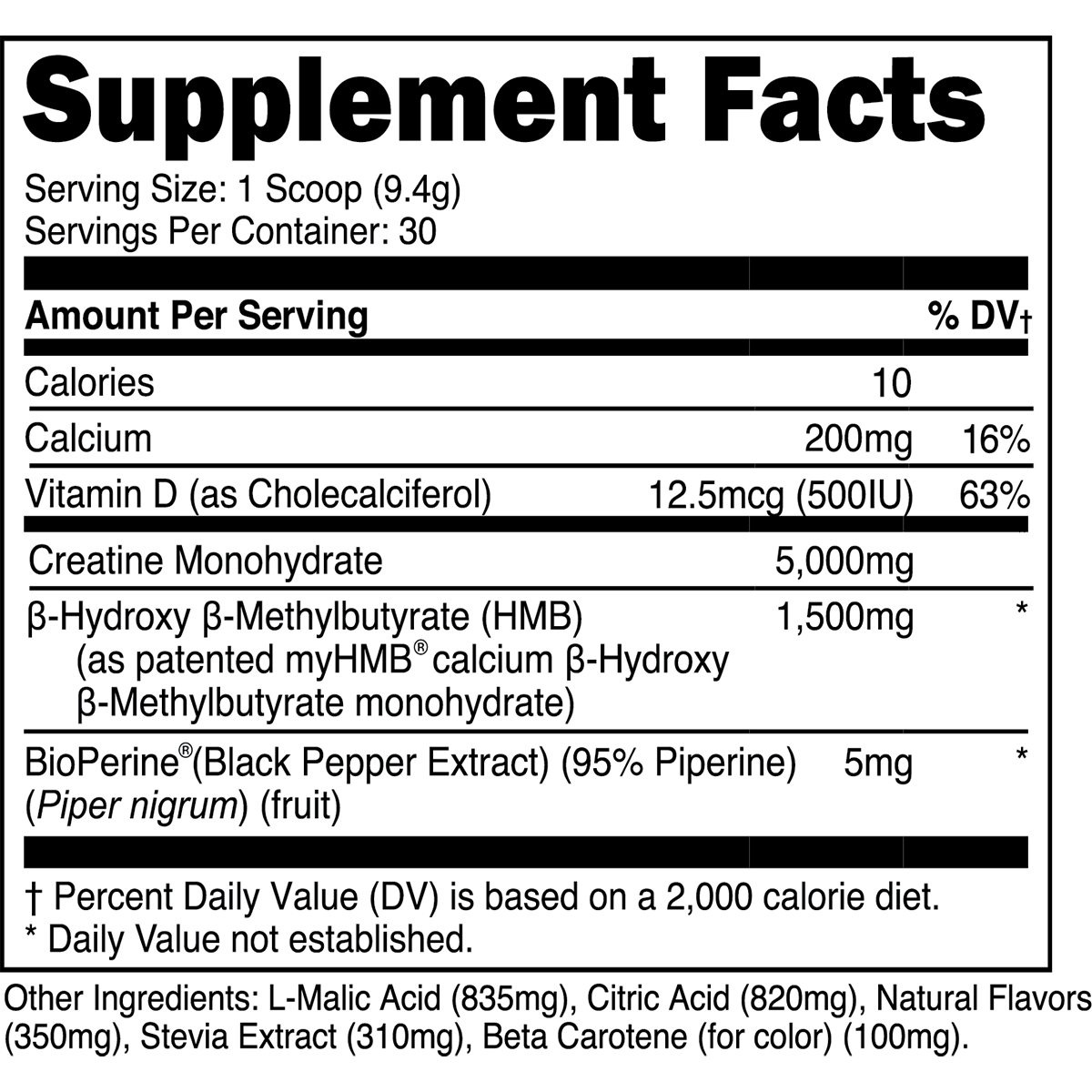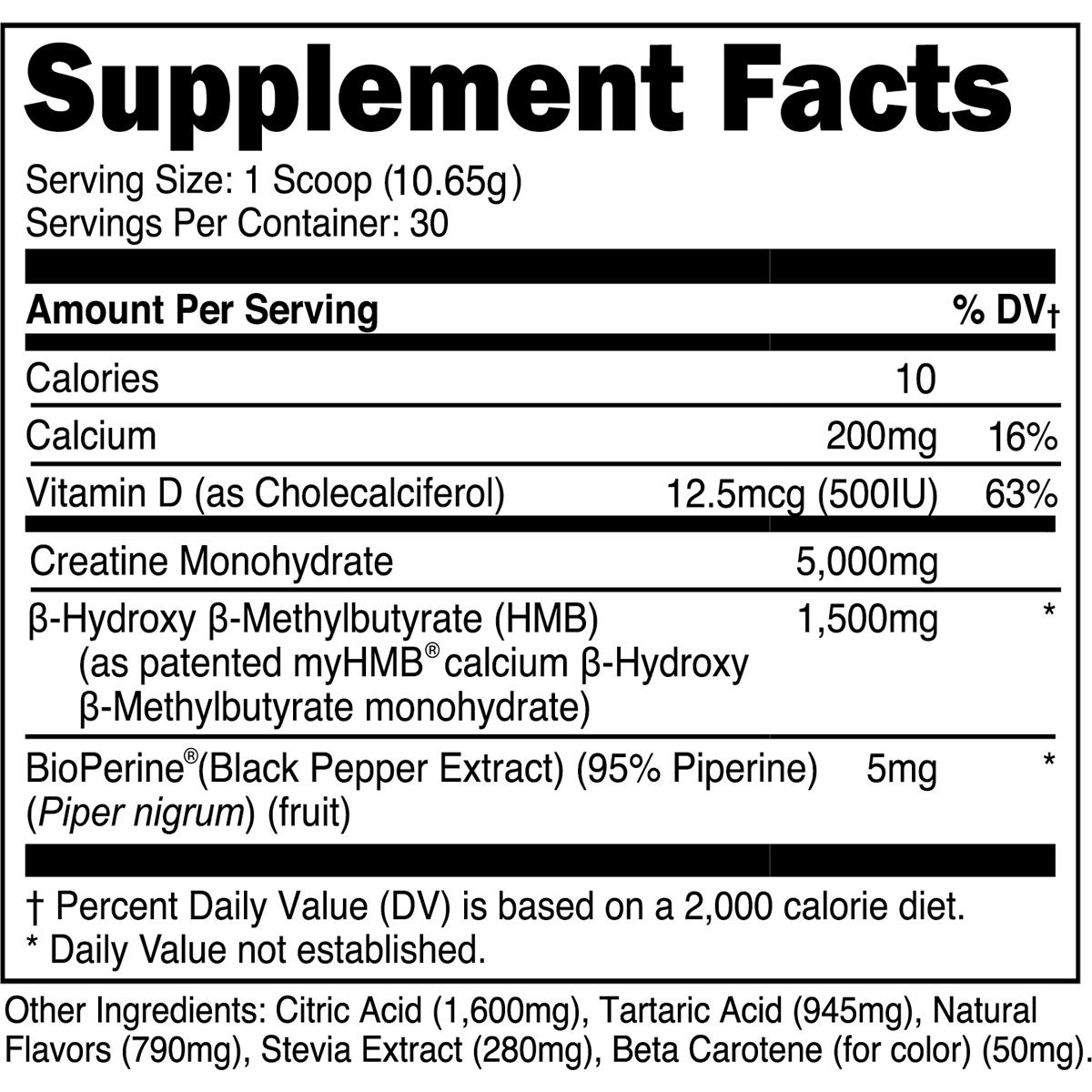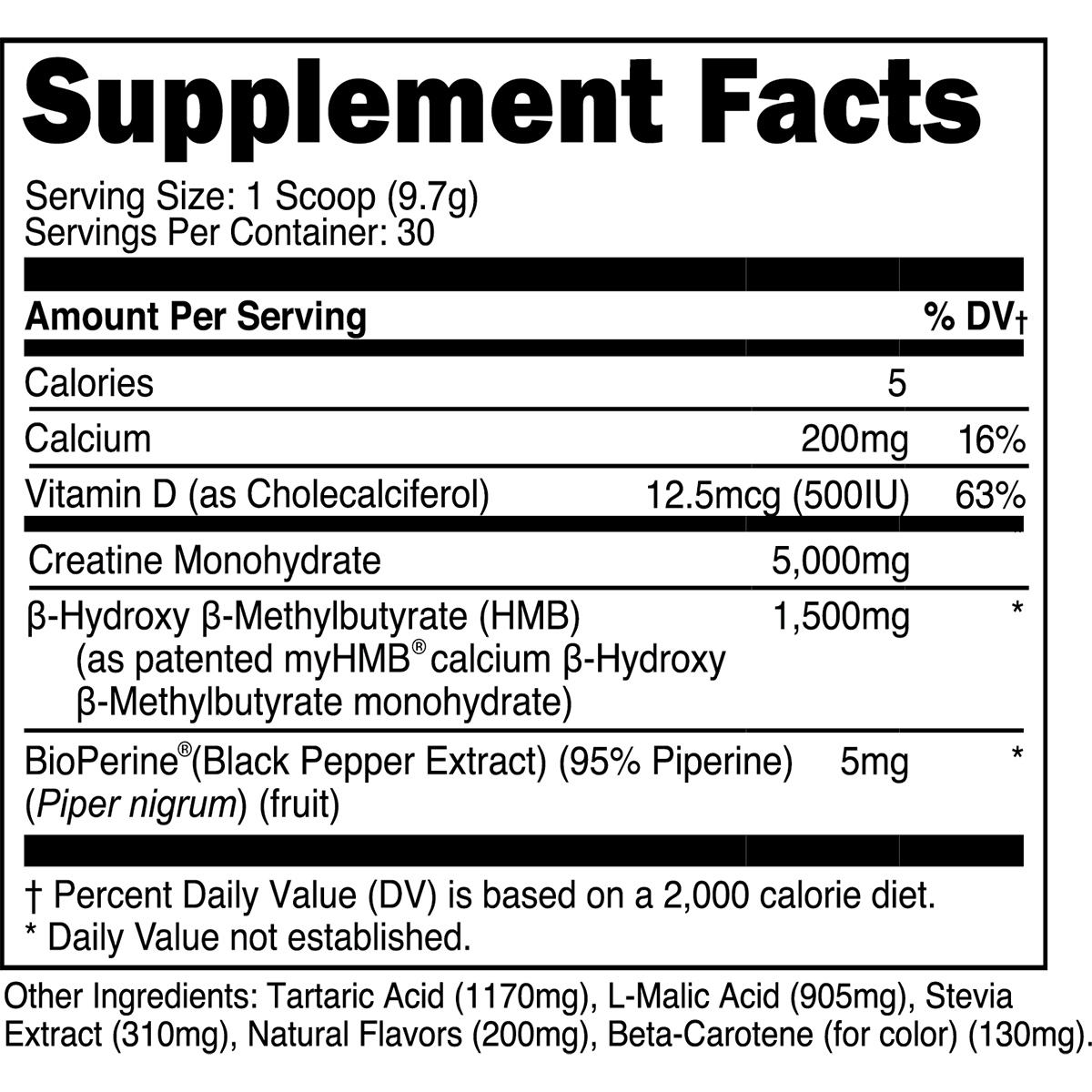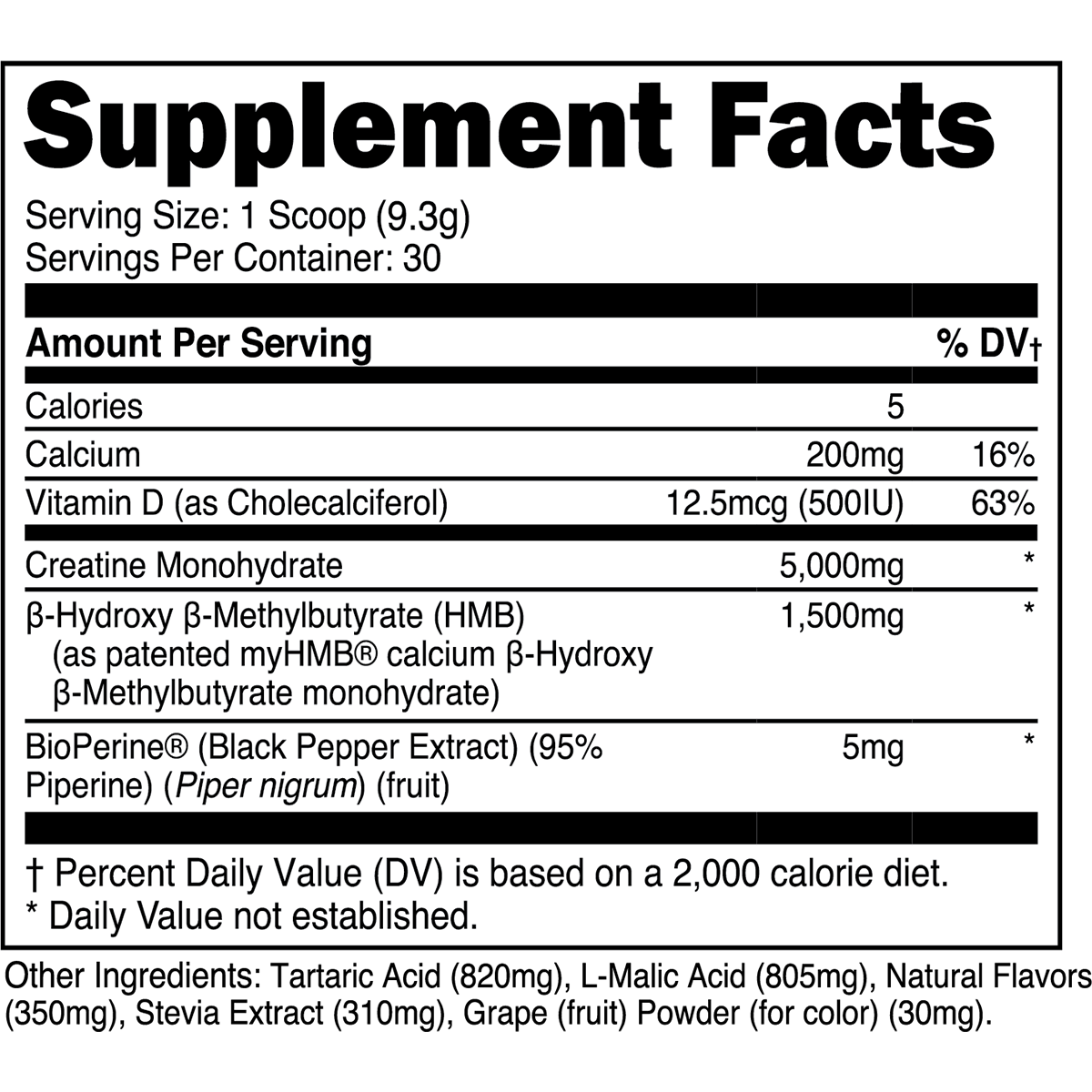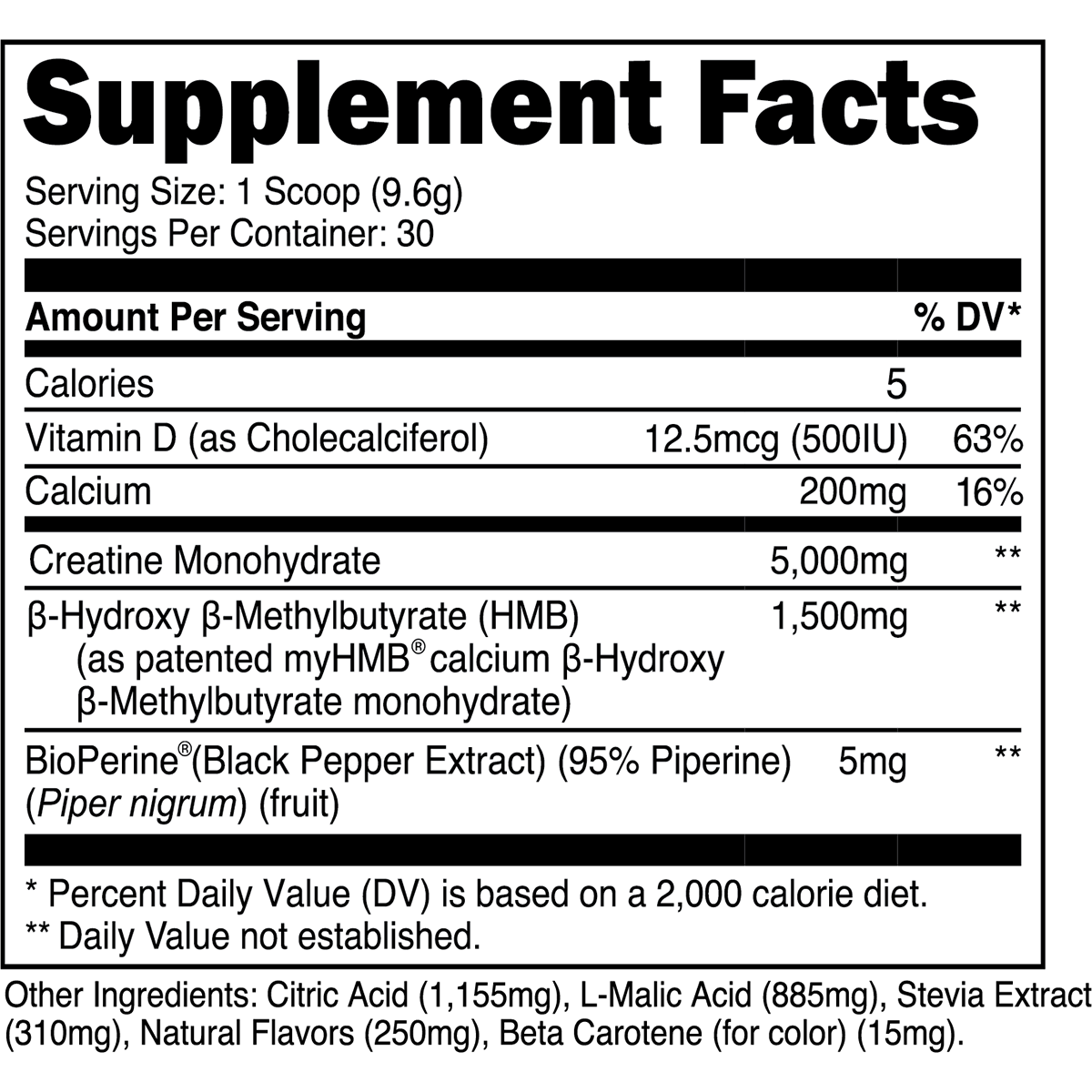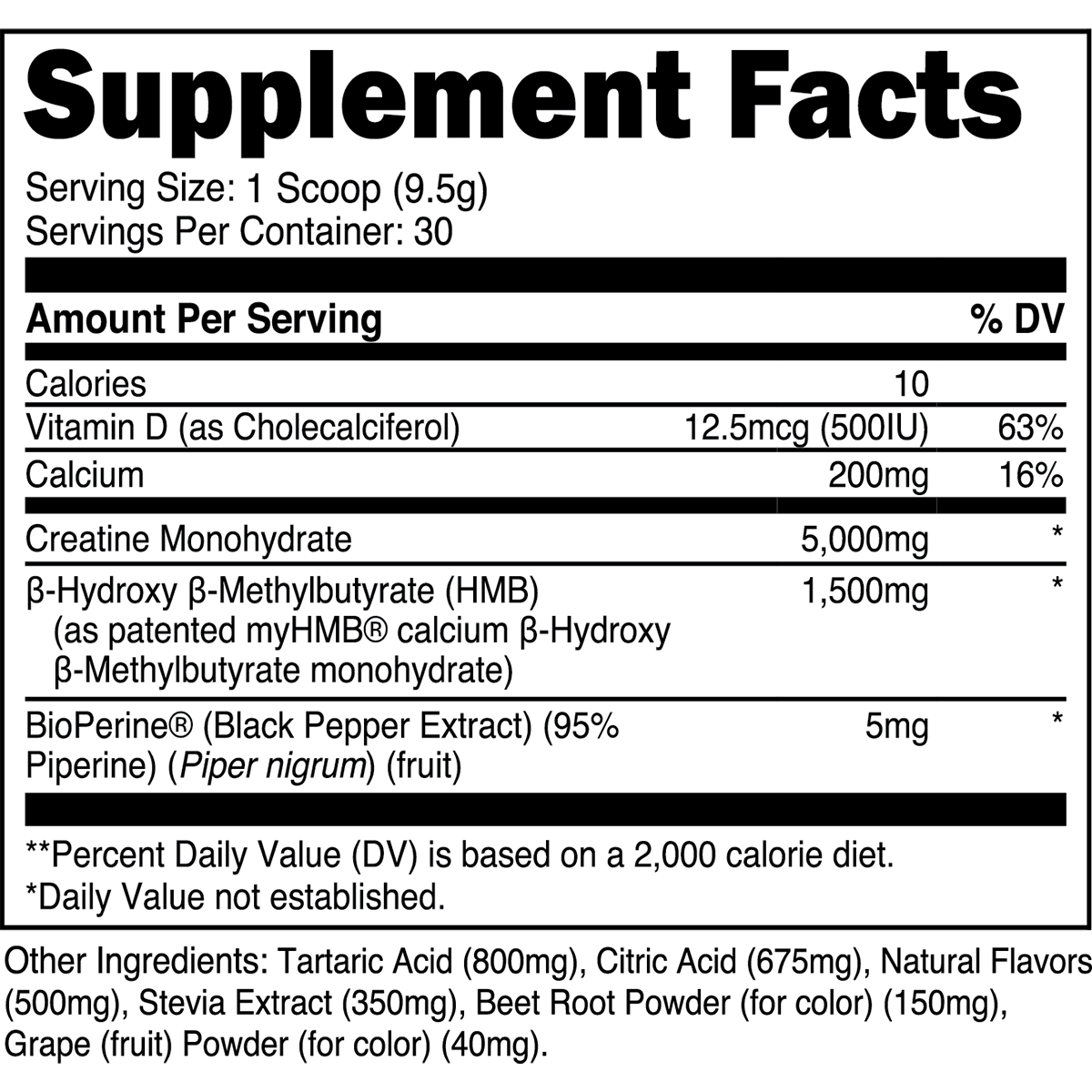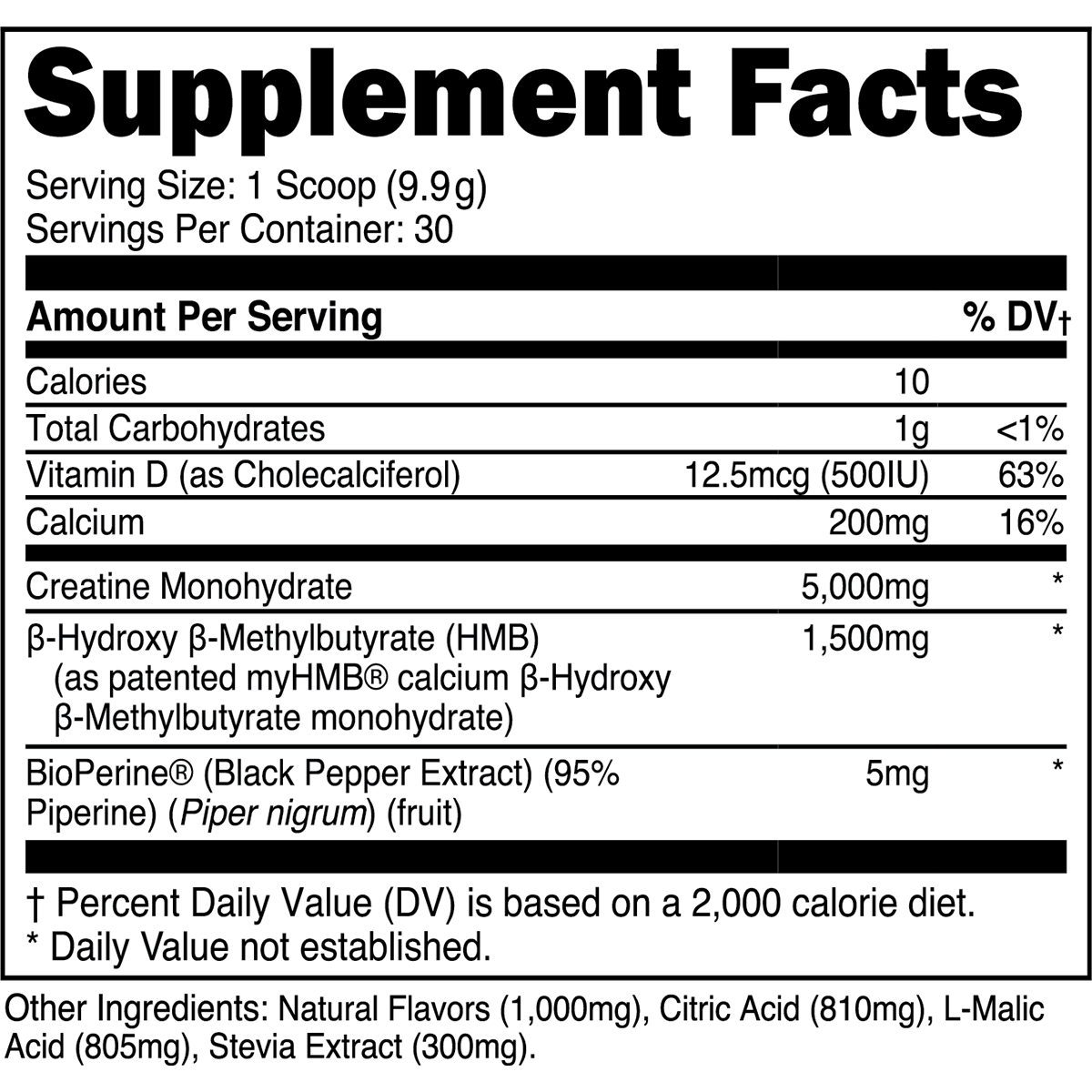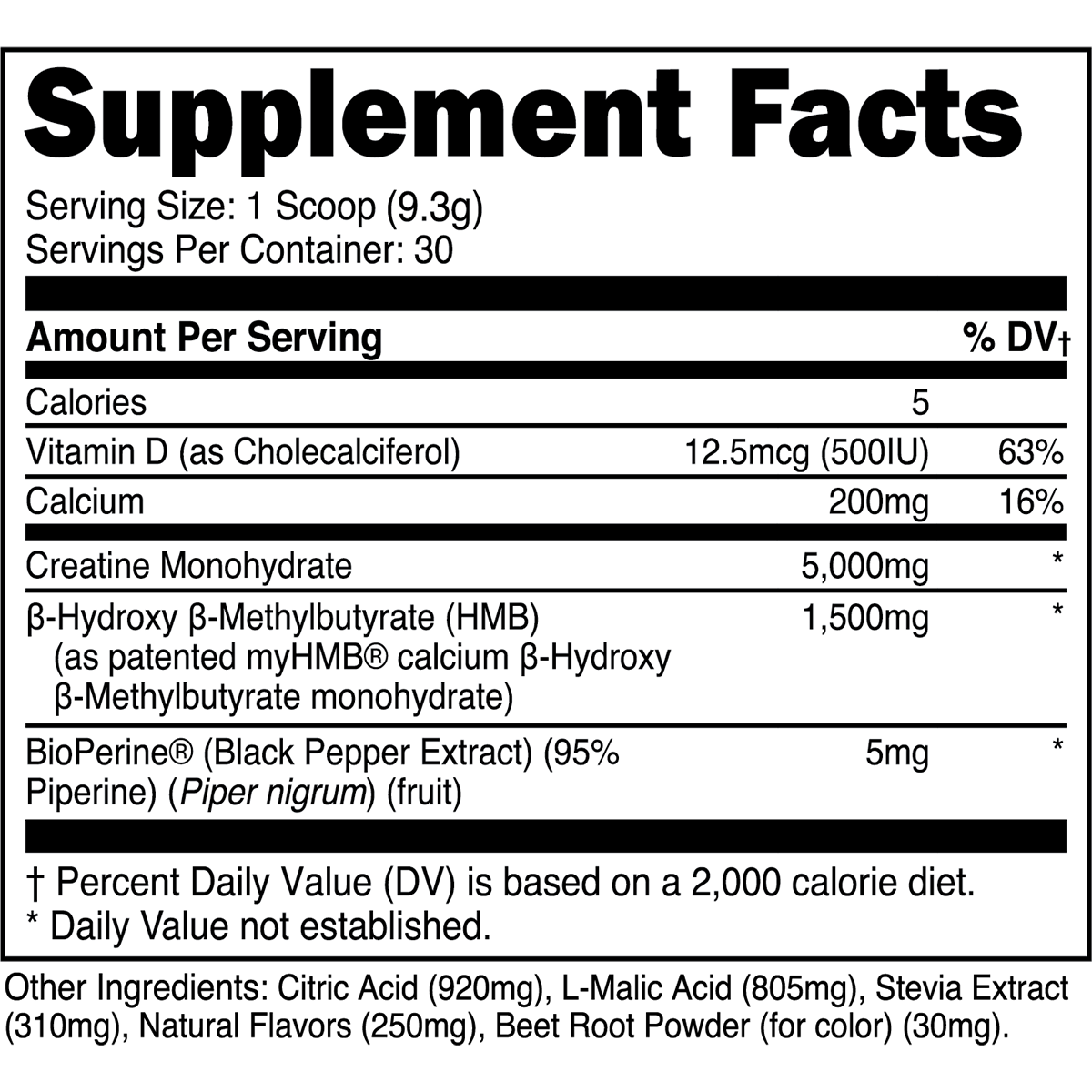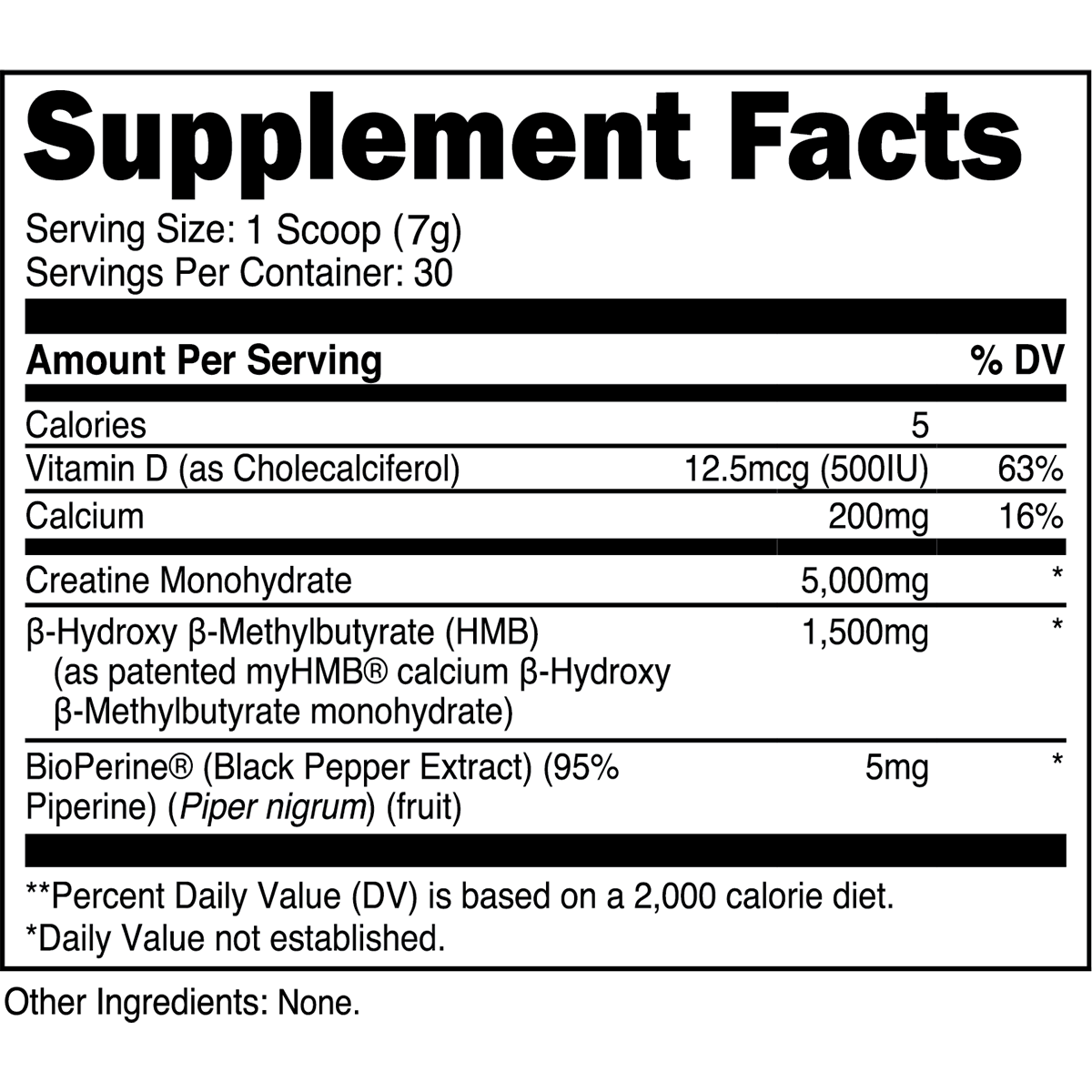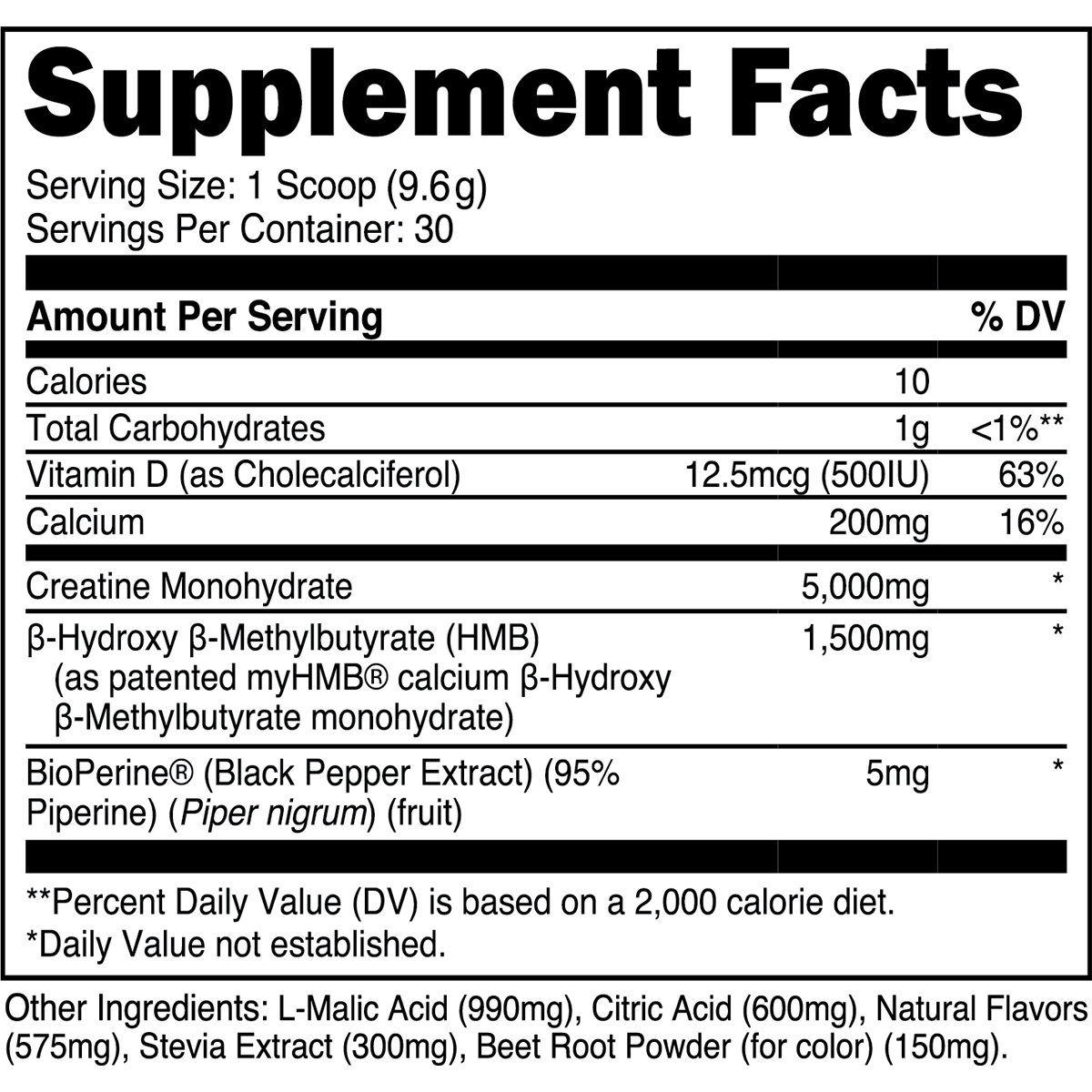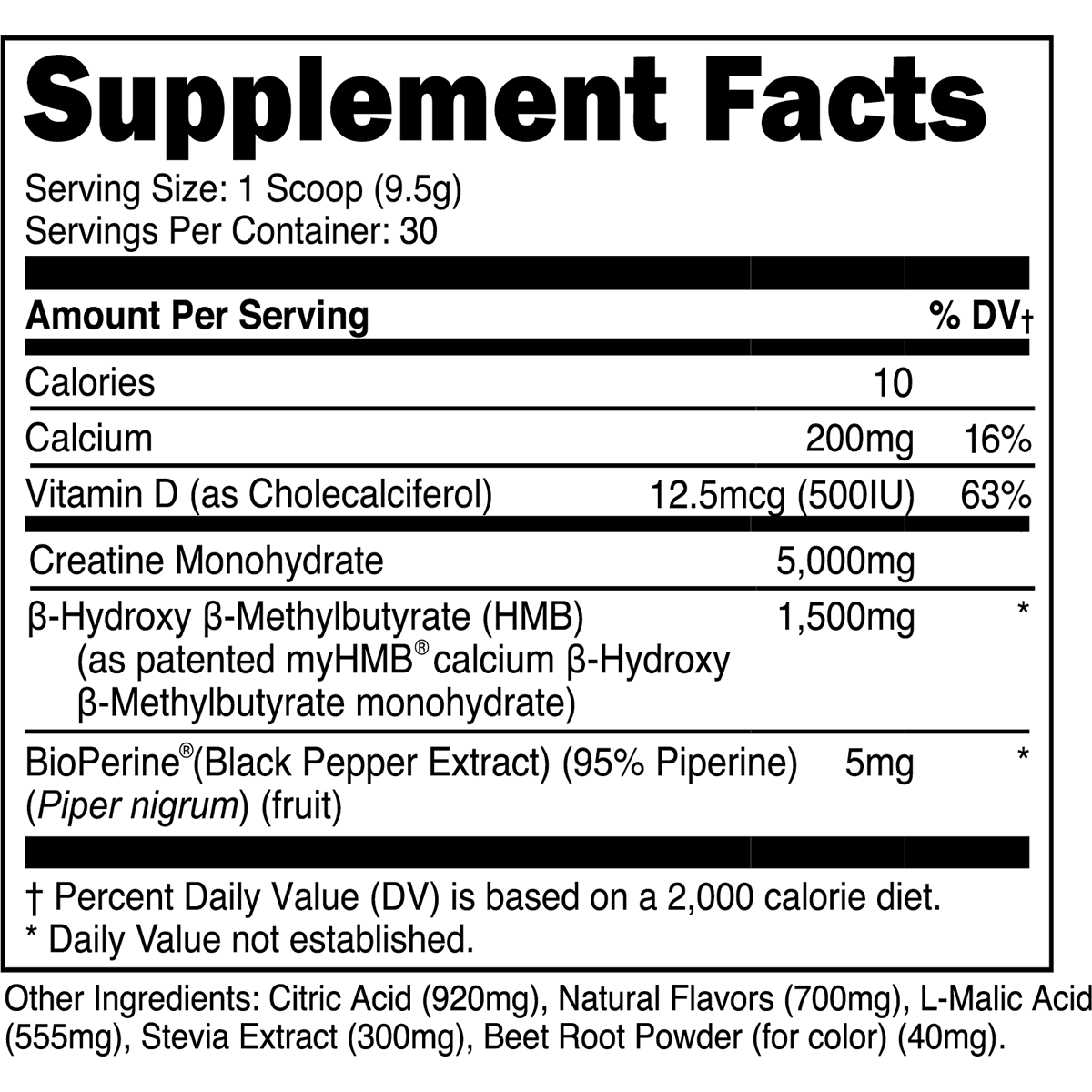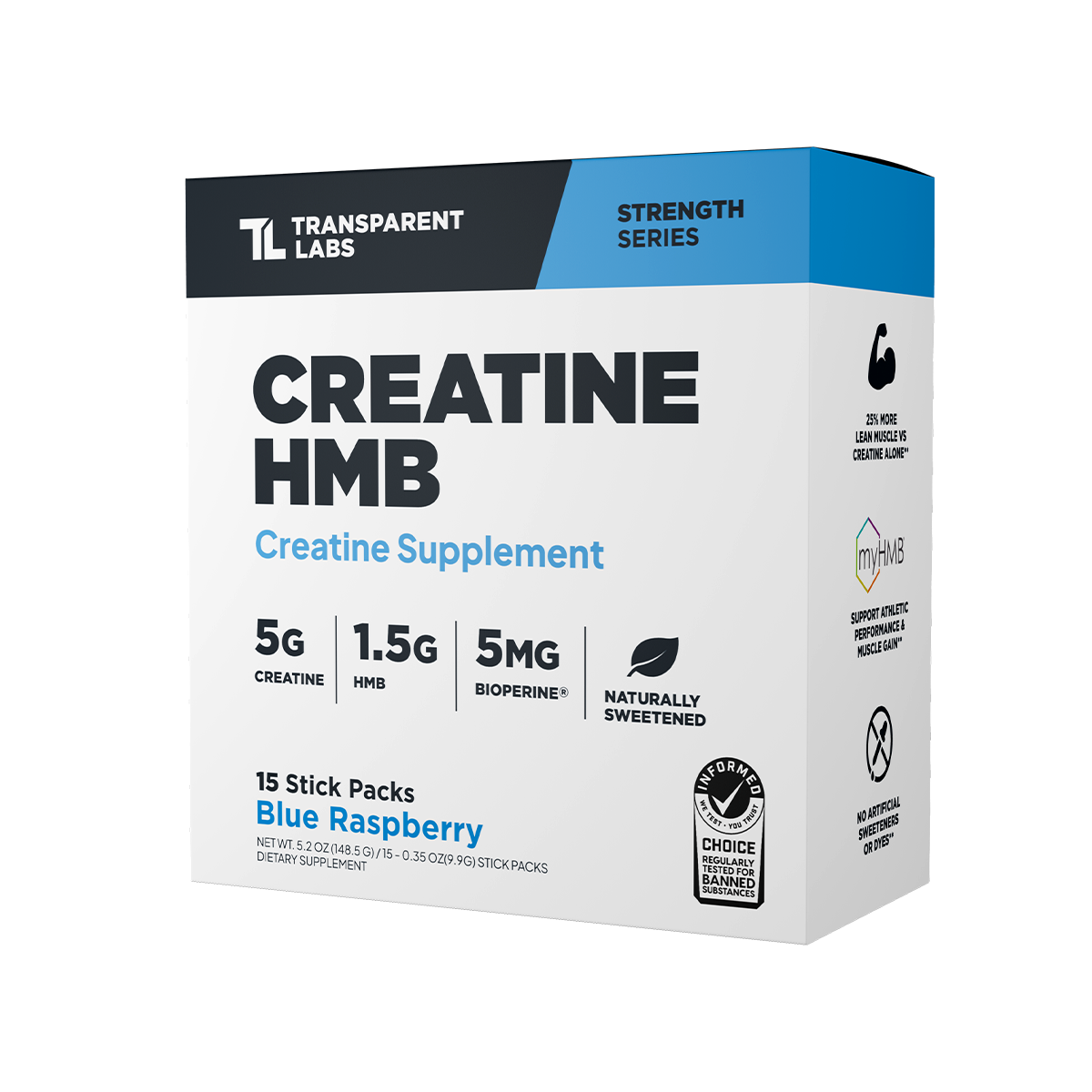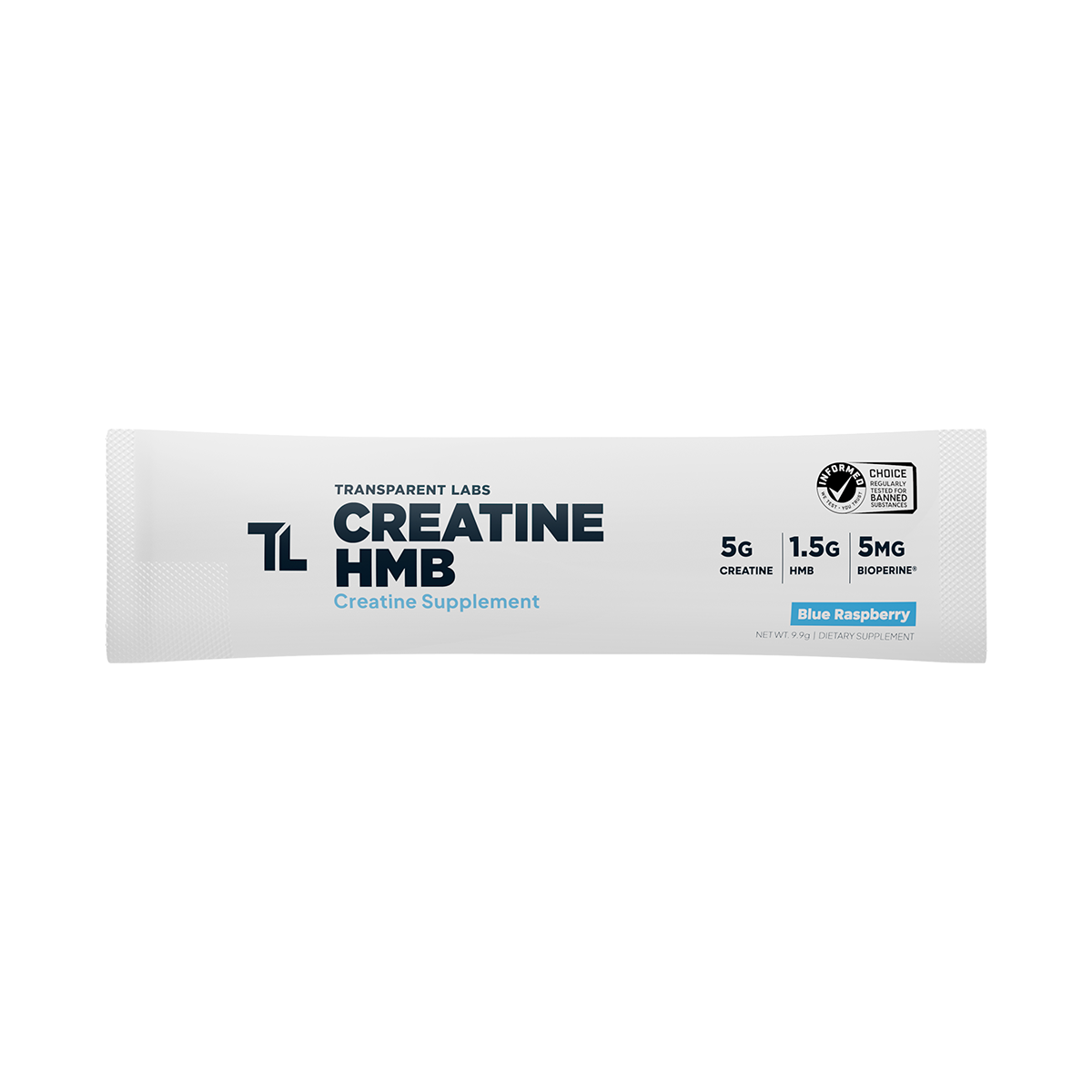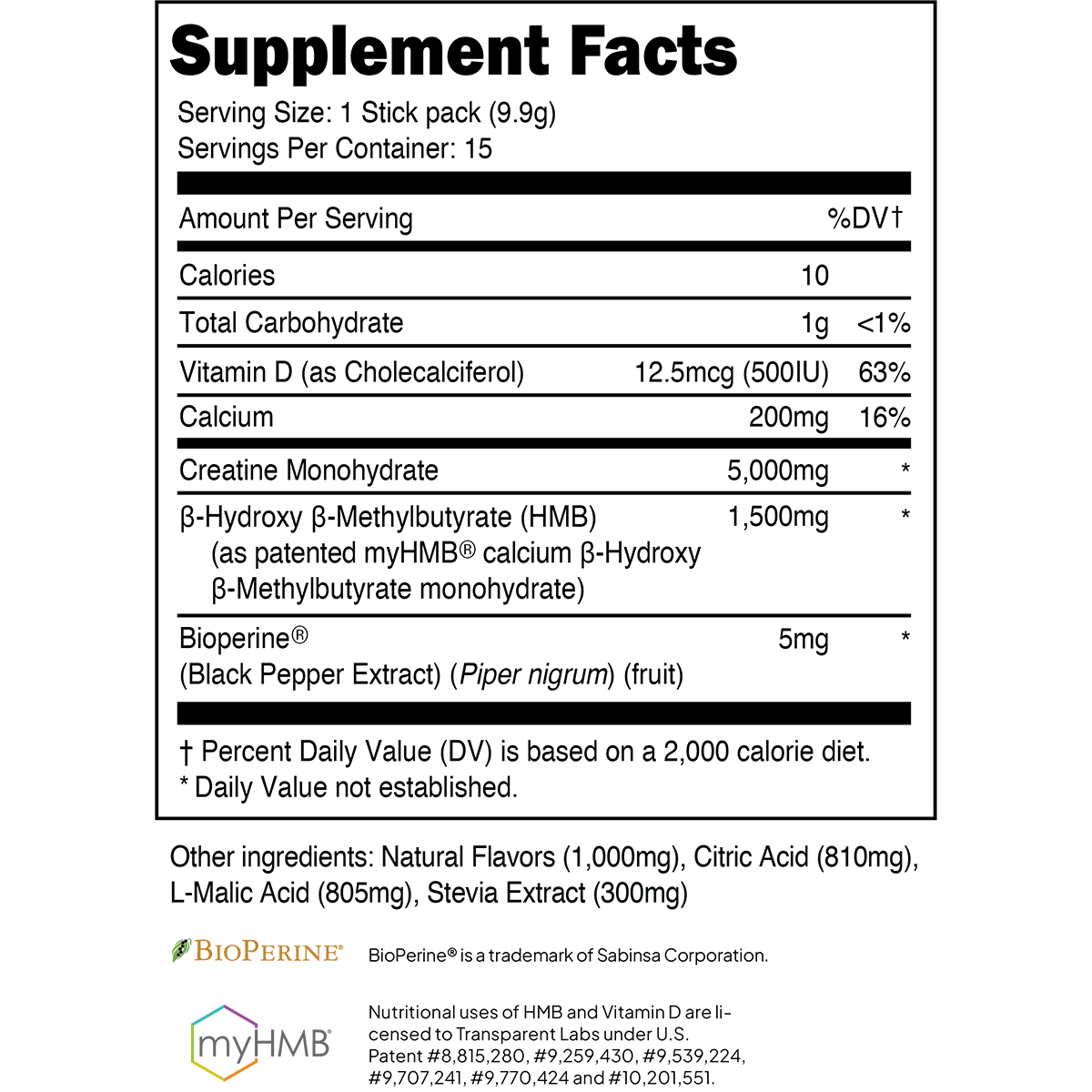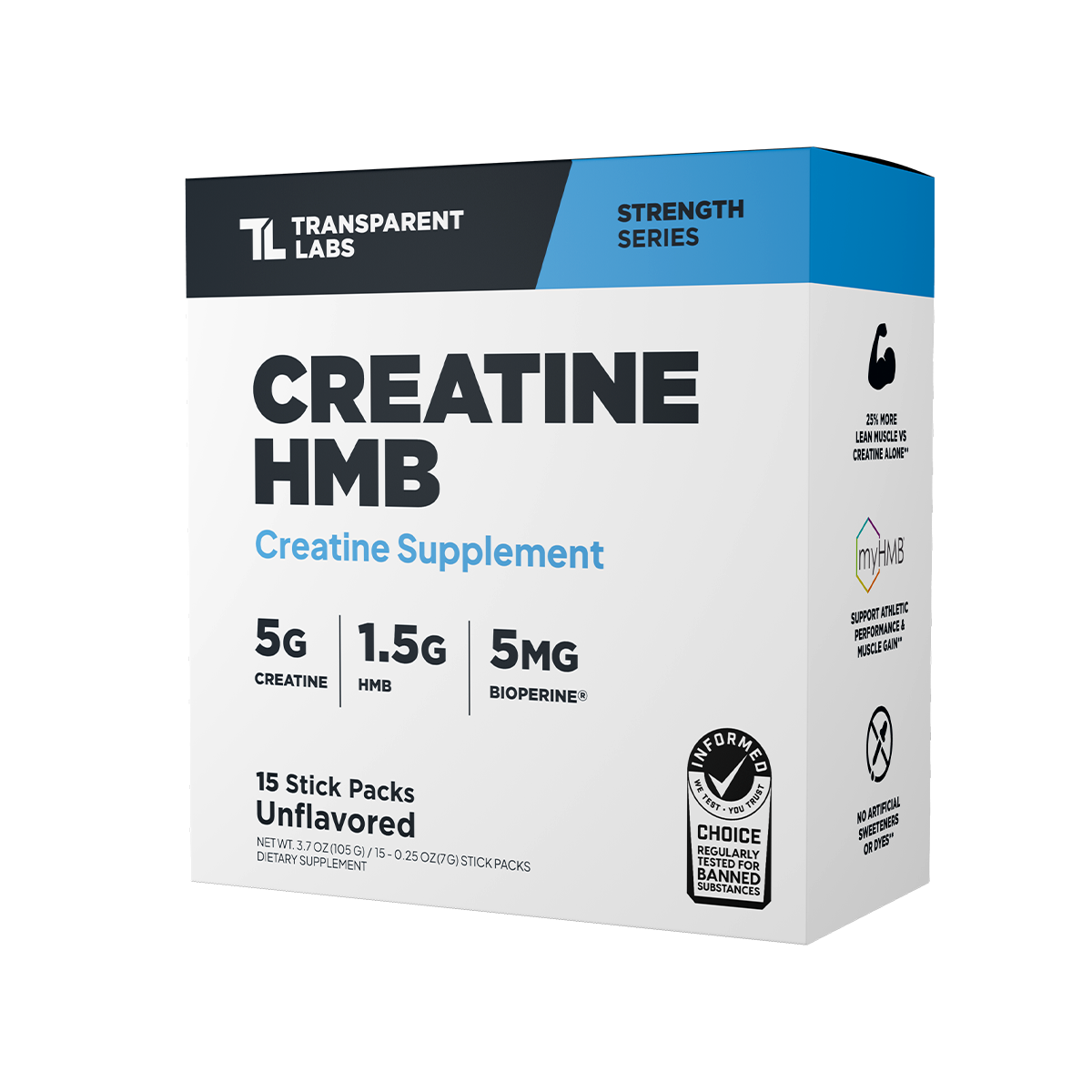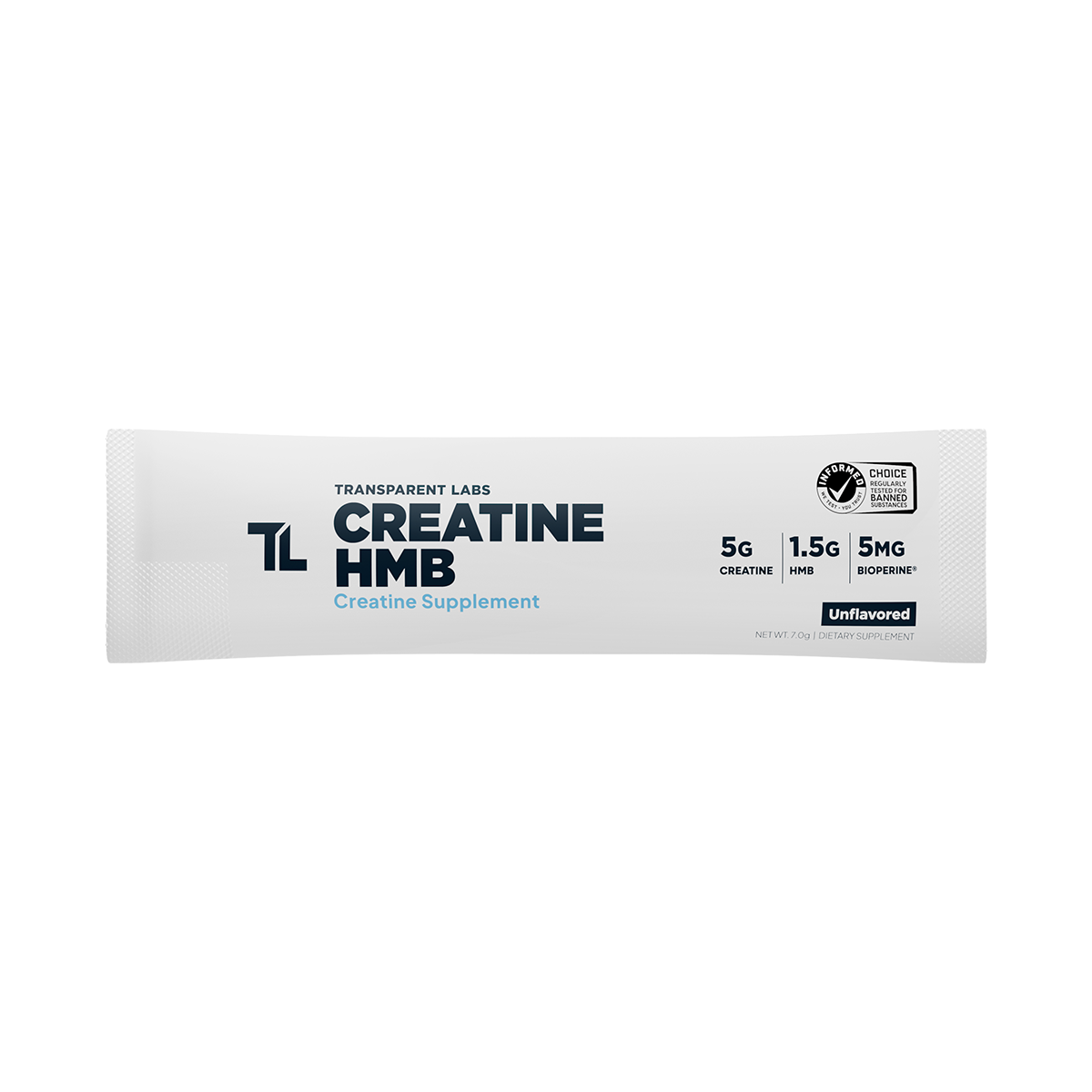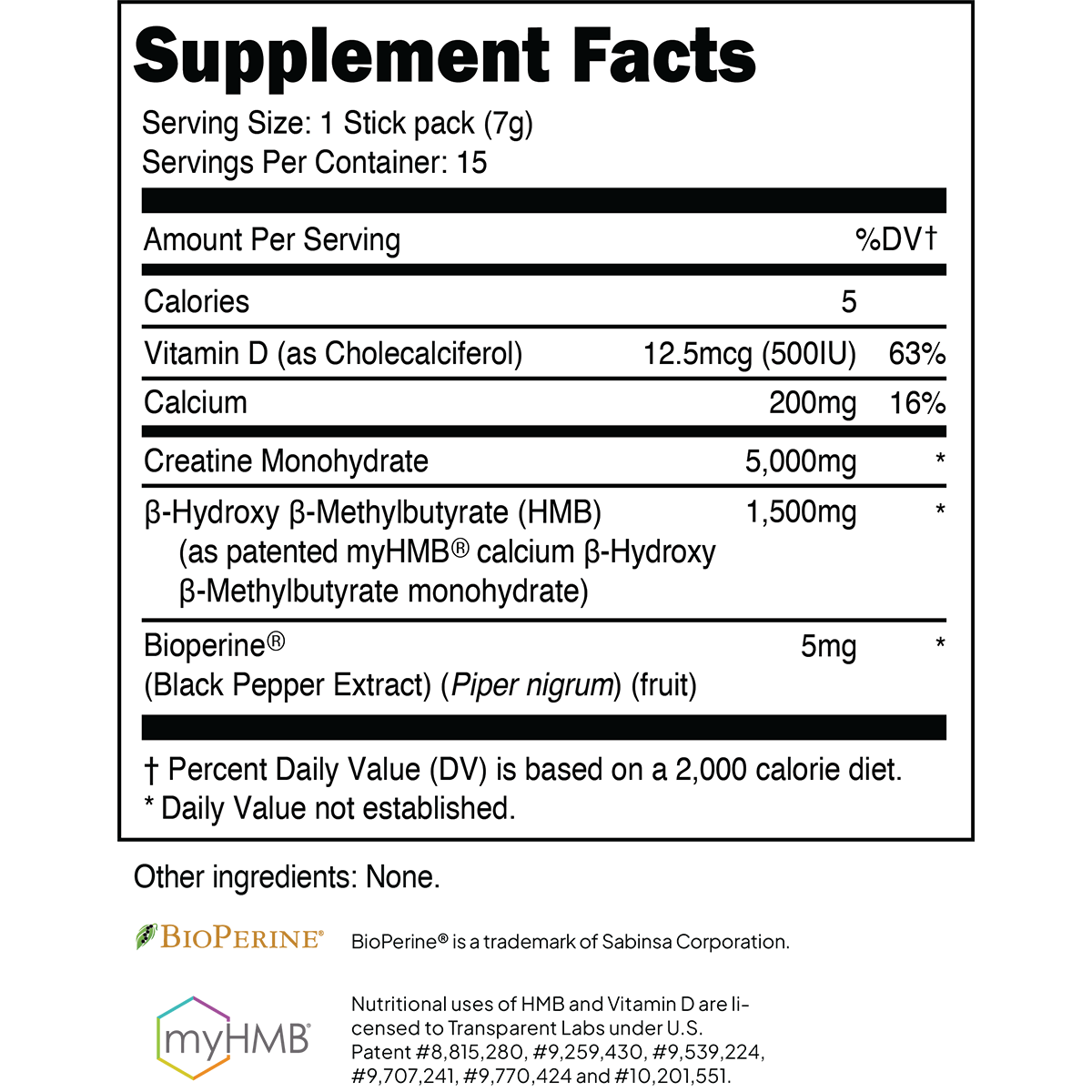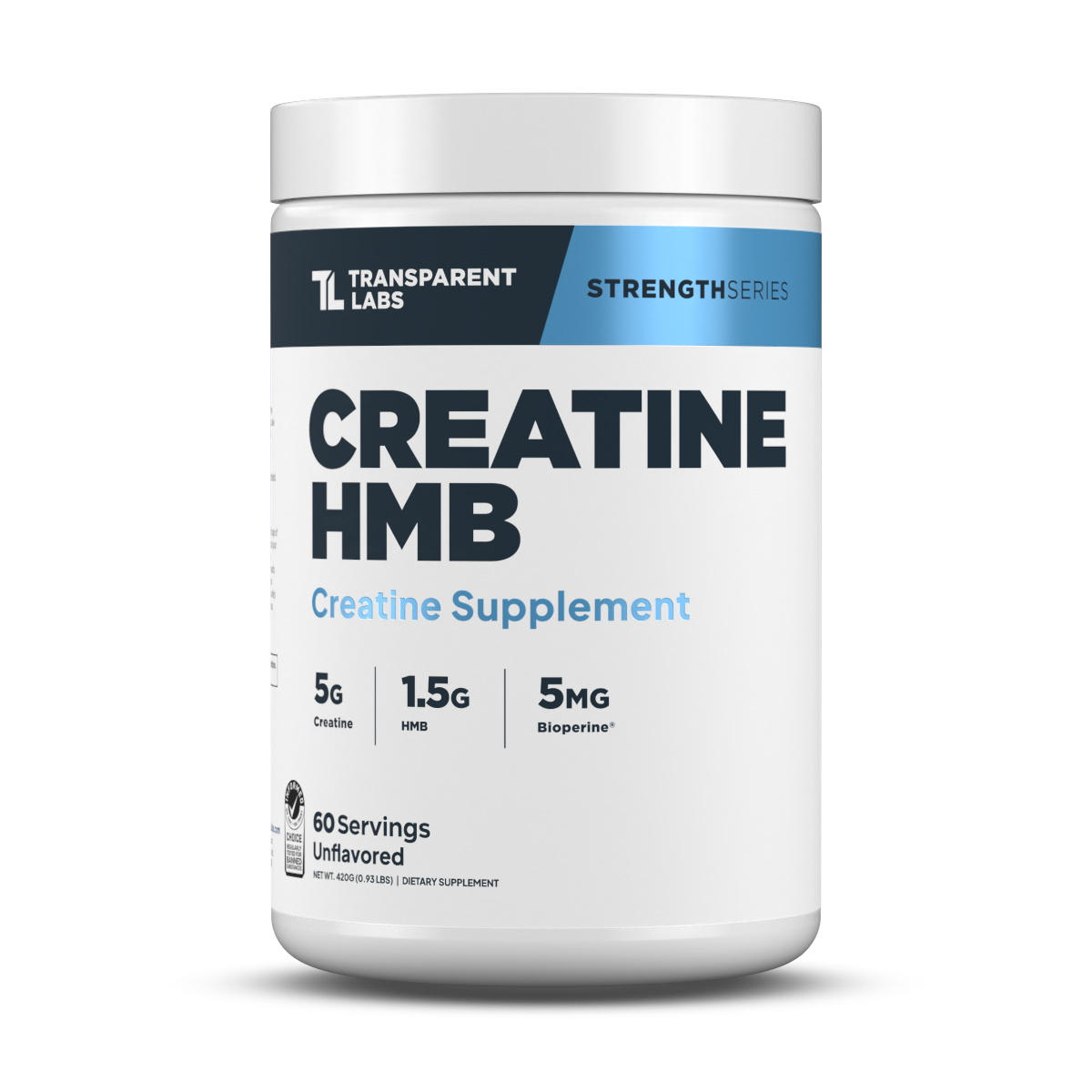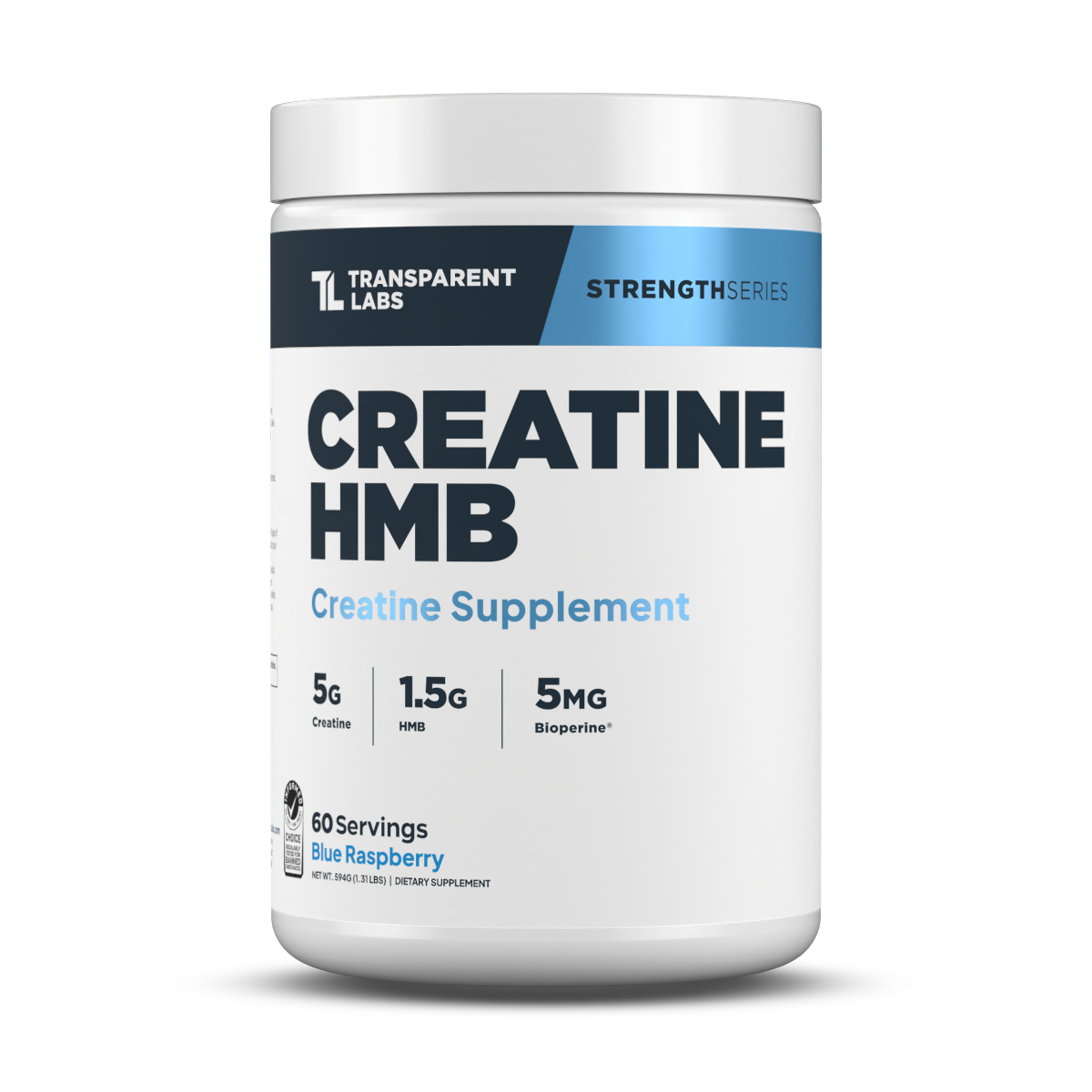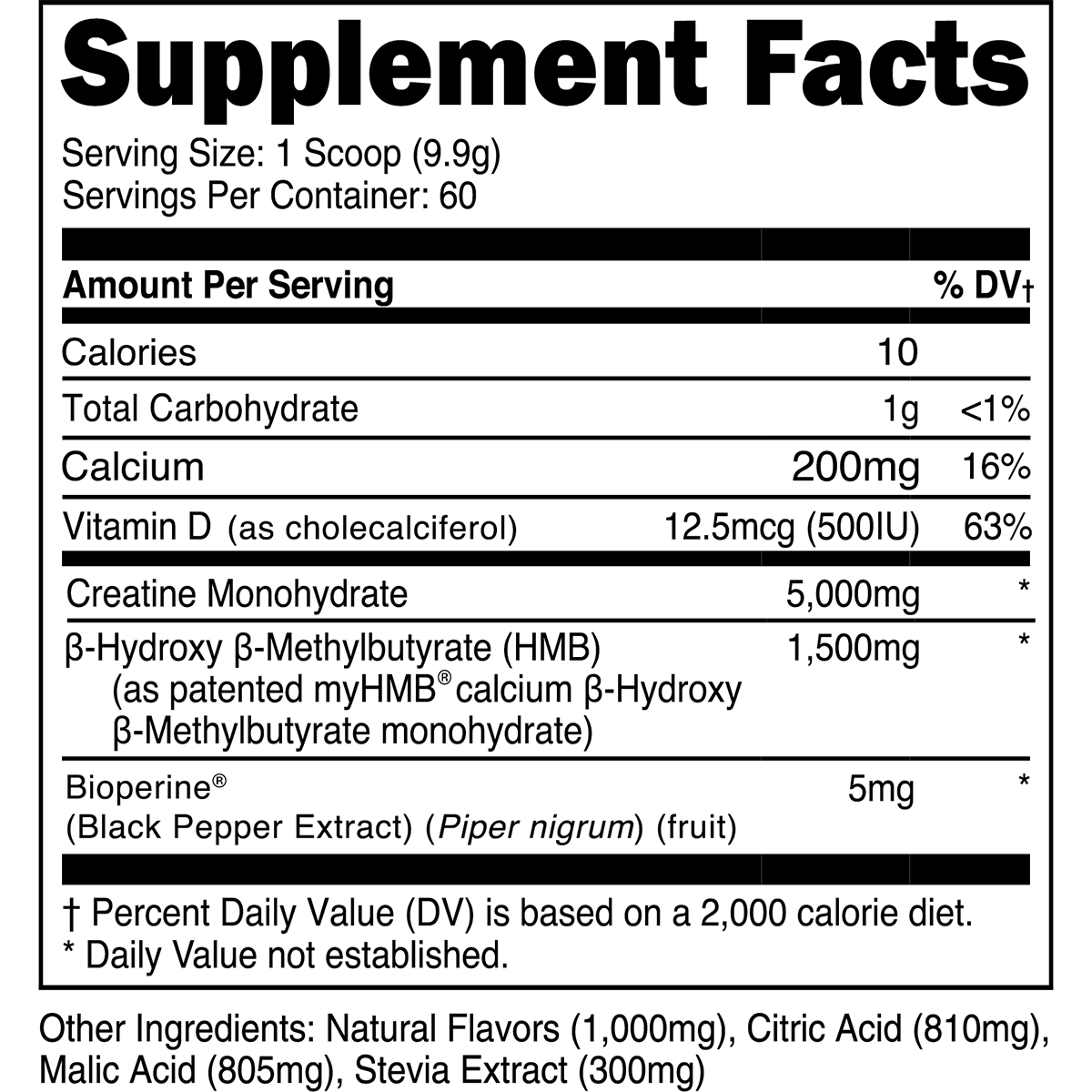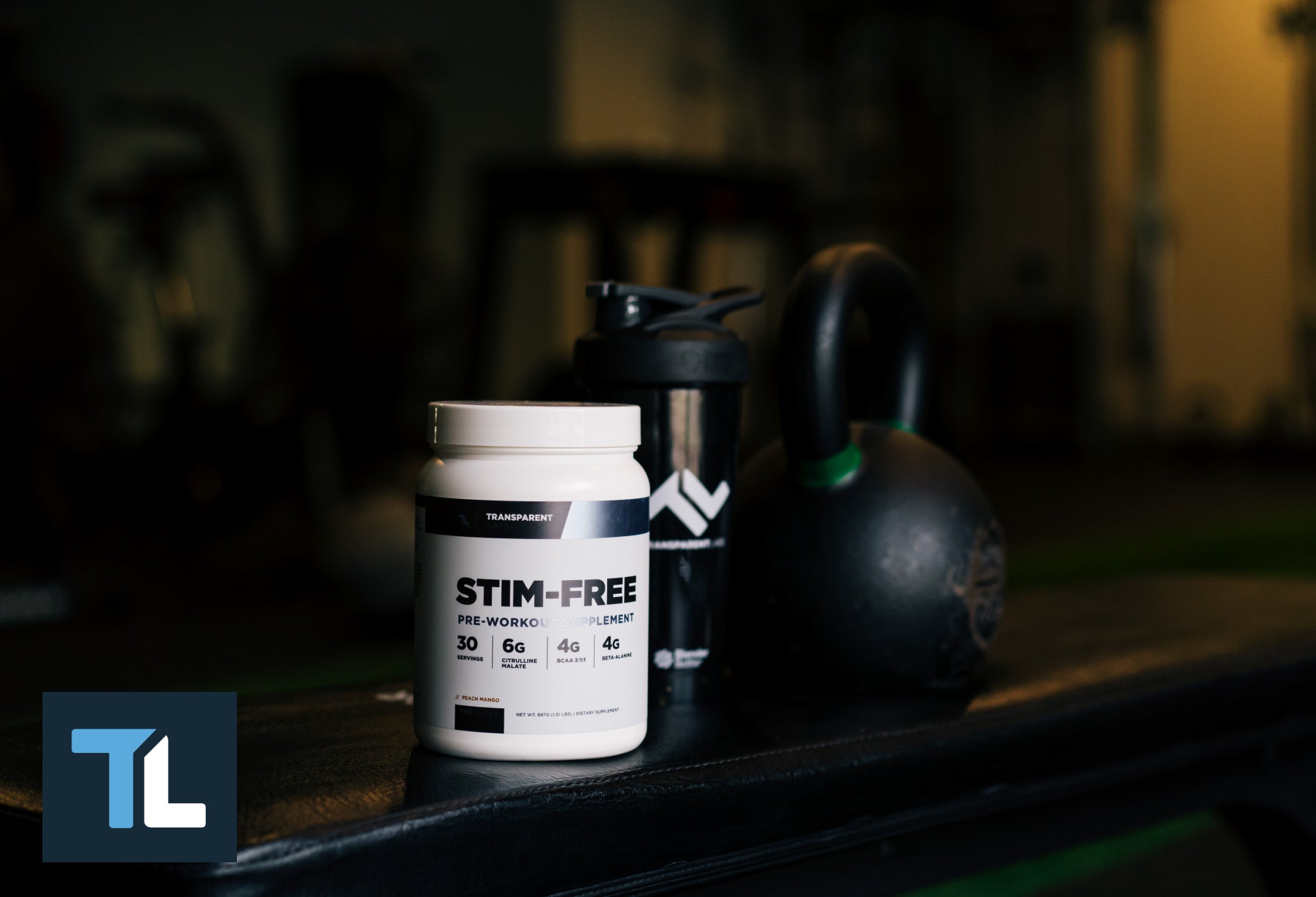Dietary protein is an essential component of any sound nutrition plan. The best protein source is the food you eat, and the good news is you have plenty of options to consider. When it comes to building muscle and determining the go to choice for strength training needs, many lifters opt for whey protein. However, others that are following a vegan-inspired lifestyle may prefer plant sources.
So, which is better, and do you even have to choose one over the other? We will break down the whey protein vs plant protein debate and offer options for you to enjoy either or both, depending on your individual goals and needs.
Quick Summary – The Winner for Muscle Growth
The key question many athletes ask is what protein is best for muscle protein synthesis? When matched up head to head, whey protein slightly edges out plant based protein, and it has a faster absorption rate. (1) That does not mean that plant protein is bad, though. It can still be very beneficial and serve all athletes whether they are following a plant based diet or not, so long as they are dosed correctly, which we will cover as we go along.
As with all things that are involved in nutrition and fitness goals, the ultimate answer is based on the individual and their own needs and digestion. It also depends on what you feel will help you stay consistent with your lifestyle. Both whey and plant based protein have their benefits that can help fitness enthusiasts meet their wellness needs.
Understanding the Protein Basics
What is Whey Protein?
Whey is the liquid byproduct that is created during cheese production. The combination of proteins found in whey is what is used to make the whey protein powder that many athletes know and enjoy.
There are two popular forms of whey protein supplements; whey protein concentrate and whey isolate. If you have digestion issues with dairy products, or simply want a lactose free option, then whey isolate would be the way to go.
What is Plant Based Protein?
Much like whey protein is derived from whey, plant protein comes from plant sources, such as beans, lentils, grains, nuts, nut butter, yellow split peas, and seeds. One of the early plant based proteins in the supplement industry was pea protein powder but others have come along since, and plant protein supplementation is now considered another viable option for many trainees to consider when creating their supplement plans.
Besides the sources, the key differences between whey and plant proteins are digestibility and the amino acid profile they both have. You don't have to be concerned with lactose content in plant proteins.
Complete Proteins & Amino Acid Profiles
Complete Protein
To understand the biggest difference between the two proteins, it is necessary to understand the difference between complete and incomplete proteins. If you have seen essential amino acid supplelements, then you know there are nine individual amino acids that make up what is commonly known as EAA's. Those nine essential amino acids are valine, isoleucine, leucine, methionine, phenylalanine, tryptophan, threonine, histidine, and lysine.
A complete protein source has all nine of these EAA's. Examples of complete protein sources include animal based proteins such as meat, poultry, eggs, and cow's milk. There are some plant proteins that have complete amino acid profiles as well, such as quinoa, amaranth and soy products like tofu.
Incomplete Protein
Incomplete protein sources such as whole grains, nuts, and legumes don't have all nine EAA's. Therefore, consuming those on their own would not be as beneficial as having complete protein sources. The good news is that many plants have different amino acids, and they can be combined to make a complete protein source and maximize quality protein intake. Many plant protein supplements have multiple sources so they qualify as a complete protein.
Leucine: The X Factor for Muscle Recovery
Whey protein and plant protein with multiple sources can both help users build muscle and get stronger, the key separator between the two is leucine. Leucine is used in the biosynthesis of protein, and the more, the better. When it comes to that, the edge goes to whey protein, which is why it is a more popular choice for post workout recovery.
Which Builds Muscle Faster?
If one is looking to increase muscle mass and has a healthy digestive system, then whey protein has the advantage over plant based protein for quicker muscle recovery and growth. (2) Now that doesn't mean that plant protein is useless at all. Plant proteins, especially pea protein, can match those of whey if they are taken in high enough doses and combined with a leucine source. (3) In short, both will help repair the muscle damage that comes from the training you put in.

Digestibility, Bloating, and Allergens
The digestive system can absorb whey faster than plant protein, but no supplement has all pros without at least one con, and the one con for whey is that it could cause bloating for those that are lactose intolerant. The good news is that whey isolate protein powder resolves that issue, but even then, they can be sure that plant protein is a reliable source for them to count on.
Plant proteins are a better digestion option because it is going to be gentler for many people that need to consider gut health, but those that are in the whey isolate camp will call out plant protein because they also contain anti-nutrients such as saponins, tannins, cyanogenic glycosides, oxalic acid, and others.
When compared head-to-head on digestibility scores, whey scores at 1.0, whereas plant proteins vary. Those that rely on both animal and plant protein should just test each to find what serves them best with the least drawbacks.
Environmental Impact & Ethical Considerations
Another factor to consider is environmental impact of each protein source. Many animal proteins provide quality amino acids, and in some cases, healthy fats, but critics call them out because of the higher emissions that come with raising animals for food, including cows, which is why whey is included in that discussion.
Plant protein is seen by environmentalists as more sustainable, and plant protein supplements are vegan-friendly. They are also seen as more eco-conscious and a better long-term solution than other protein options.
Best Use Cases for Each
There is no one size fits all when it comes to protein. The kind you may need could depend on the goals you have (muscle building, fat loss, strength, etc.), and depending on what your overall nutrition plan looks like, you can get away with using either. The chart below summarizes what protein source could serve you best based on your individual goals.
|
Goal |
Best Option |
|
Fast muscle recovery |
Whey |
|
Vegan diet |
Plant |
|
Weight gain |
Either (with sufficient calories) |
|
Lactose intolerance |
Plant or isolate whey |
|
Bulking |
Whey + carbs (Mass Gainer) |
|
Weight loss |
Plant or isolate whey |
The Transparent Labs Approach
Whether you pick whey or plant based protein powders is up to you. The good news is that Transparent Labs offers premium options for both camps, and you will see exactly what is in these or any of our other supplements just by looking at the nutrition facts because our labels live up to our name; they are transparent. Our 100% Grass Fed Whey Isolate has been a staple for many athletes because they are hormone-free and gluten free. It checks in with only 130 calories but 28 grams of protein.
The Organic Vegan Protein Powder is well-formulated to support includes organic rice and pea protein isolate with minimal fillers included. With 140 total calories and 24 grams of protein, it is a great choice for those that are lactose intolerant but still want a dependable protein powder to support their dietary needs. What it does not have is that grassy flavor that plant proteins are known for.
As a matter of fact, who says you have to choose at all? You can experience the best of both if you feel having both whey protein supplementation and a high quality plant protein product to help with muscle building goals or to support any and all forms of physical activity. Having a broader range of options is never a bad thing. Regardless of which you choose, each have great flavor profiles so you can enjoy your preworkout or post workout protein powder.

Final Verdict: Plant Based Protein vs Whey?
Ultimately, this is your choice to make, and now that you know both the pros and cons of each kind of protein, you can make the best personal choice for you, your goals, and your desired performance outcomes. We have confirmed that even though whey protein can be slightly better for muscle protein synthesis, you can still choose plant protein without having to sacrifice those goals. They have the same level of effectiveness when taken properly, and each can help you maximize your personal fitness potential.
REFERENCES
-
Muscle Protein Synthesis in Response to Plant-Based Protein Isolates With and Without Added Leucine Versus Whey Protein in Young Men and Women. Changhyun Lim 1, Tom Ah Janssen 1, Brad S Currier 1, Nelani Paramanantharajah 1, James McKendry 1, Sidney Abou Sawan 1, Stuart M Phillips 1
-
Effects of whey protein supplementation prior to, and following, resistance exercise on body composition and training responses: A randomized double-blind placebo-controlled study. Yeram Park 1, Hun-Young Park 2, Jisu Kim 2, Hyejung Hwang 2, Yanghoon Jung 3, Richard Kreider 4, Kiwon Lim 1,2,*
-
Muscle Protein Synthesis in Response to Plant-Based Protein Isolates With and Without Added Leucine Versus Whey Protein in Young Men and Women. Changhyun Lim 1, Tom Ah Janssen 1, Brad S Currier 1, Nelani Paramanantharajah 1, James McKendry 1, Sidney Abou Sawan 1, Stuart M Phillips 1
